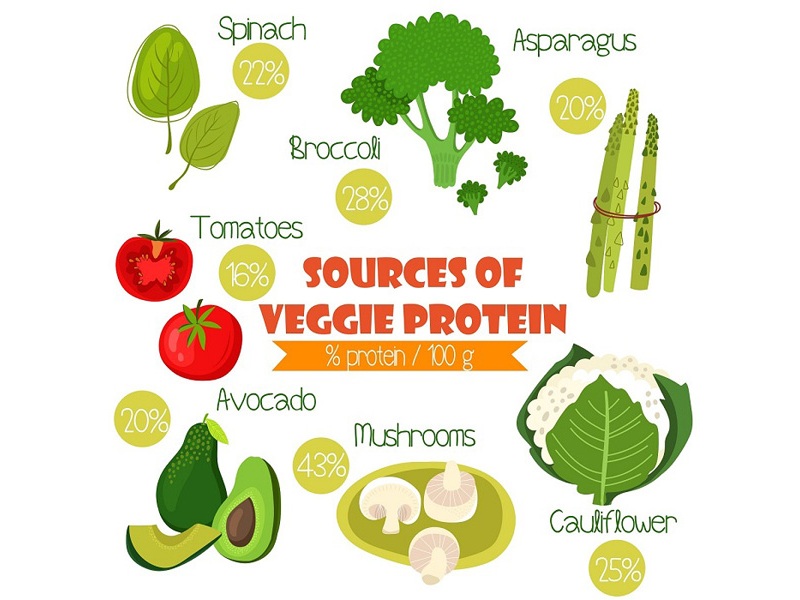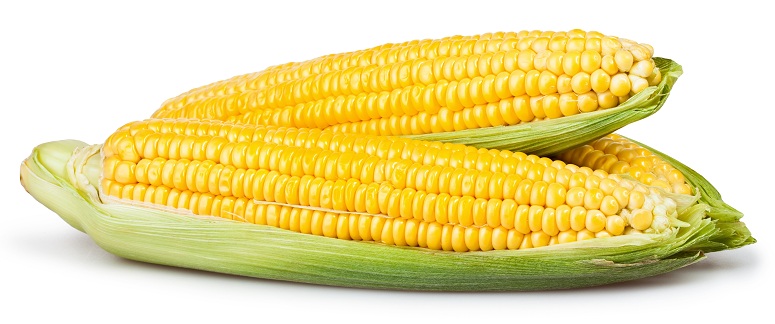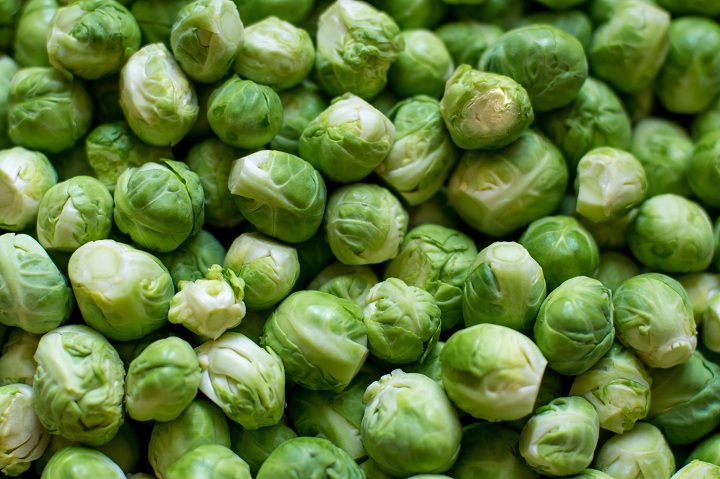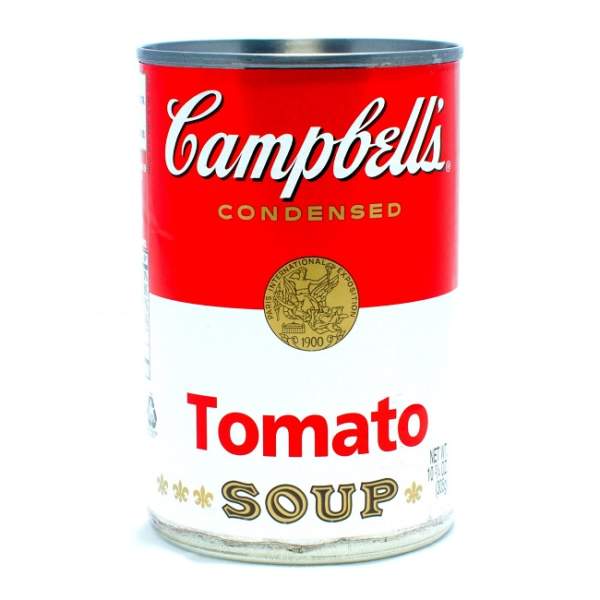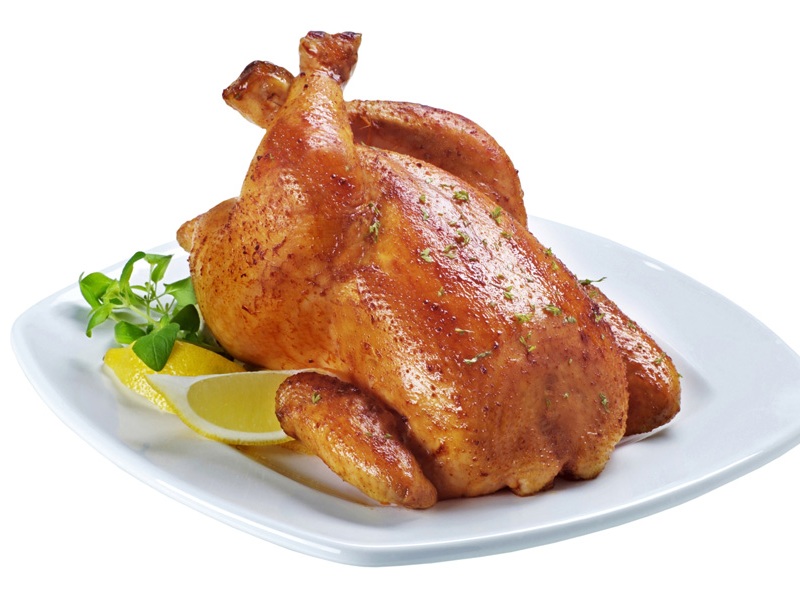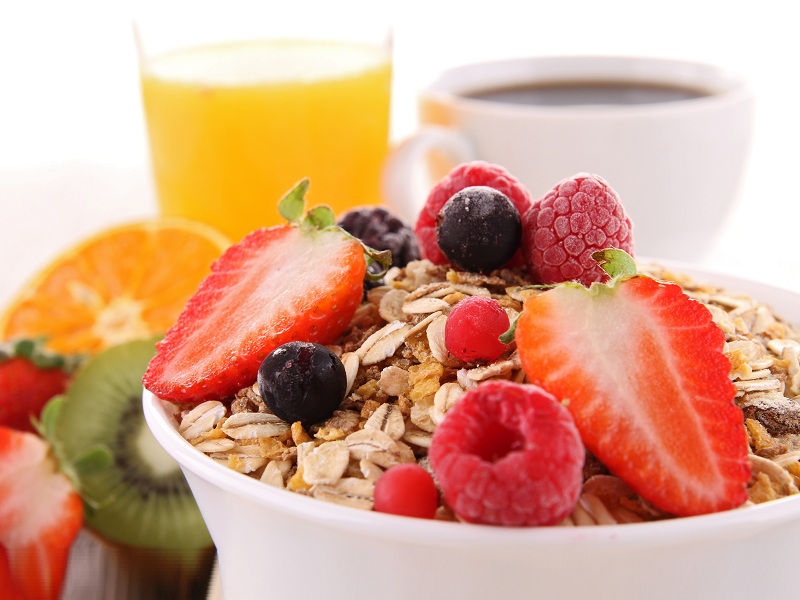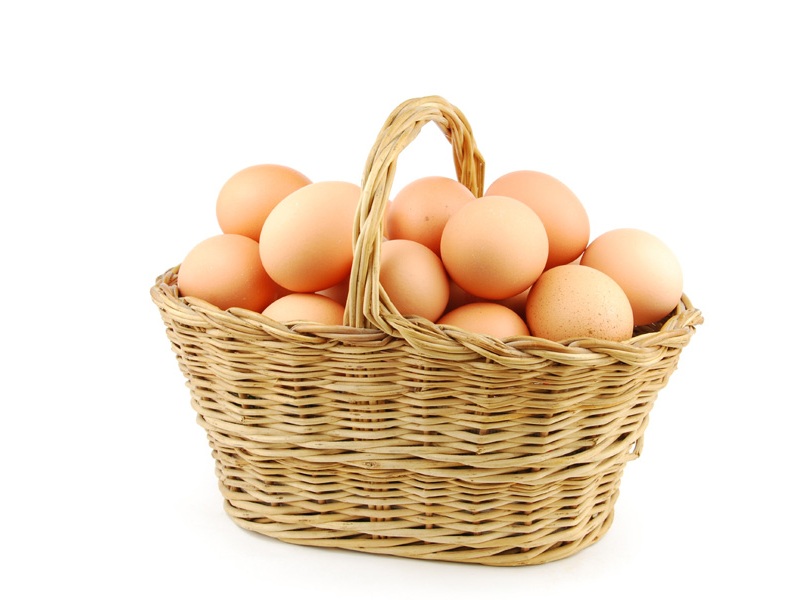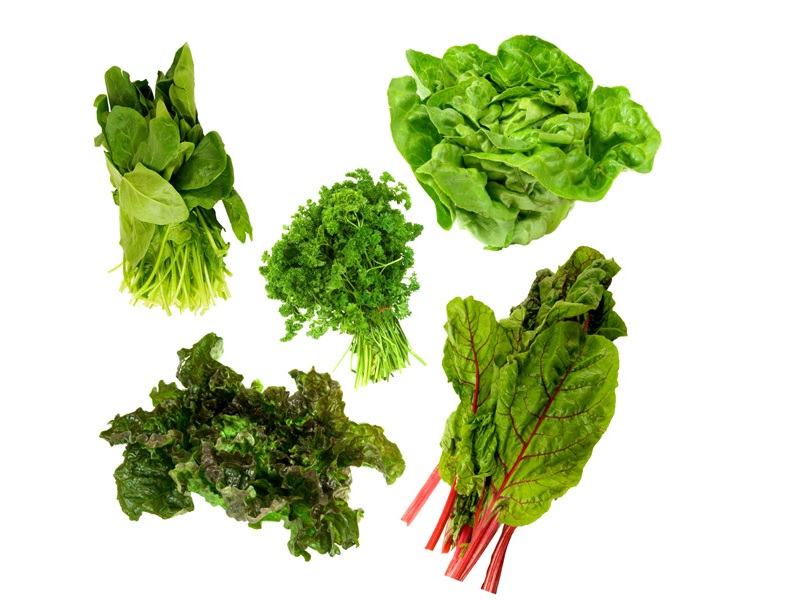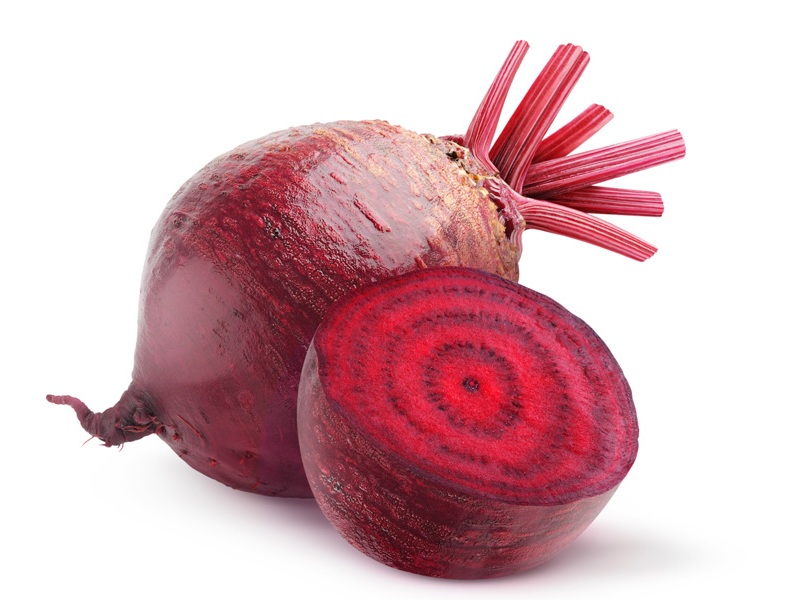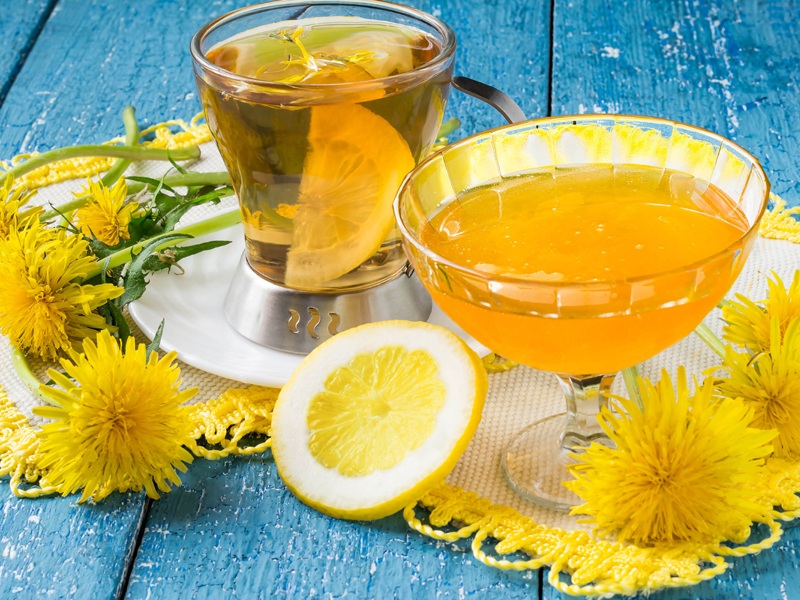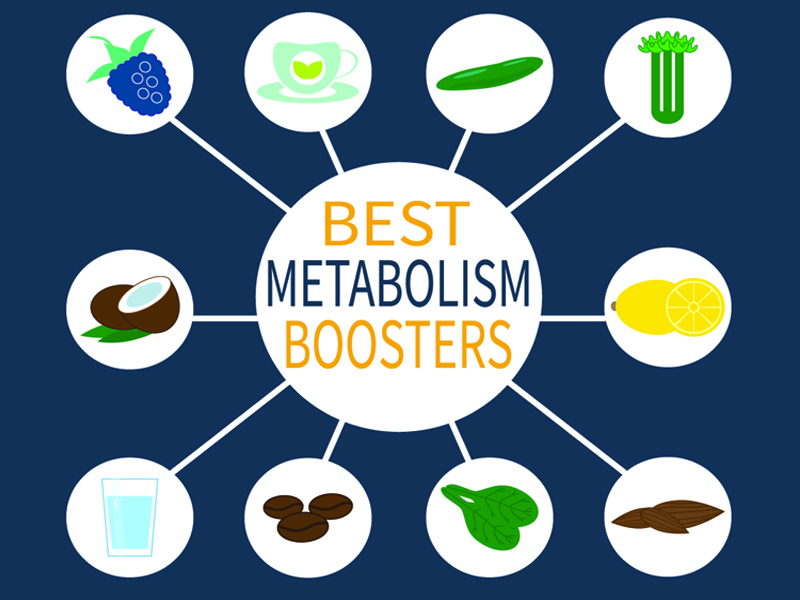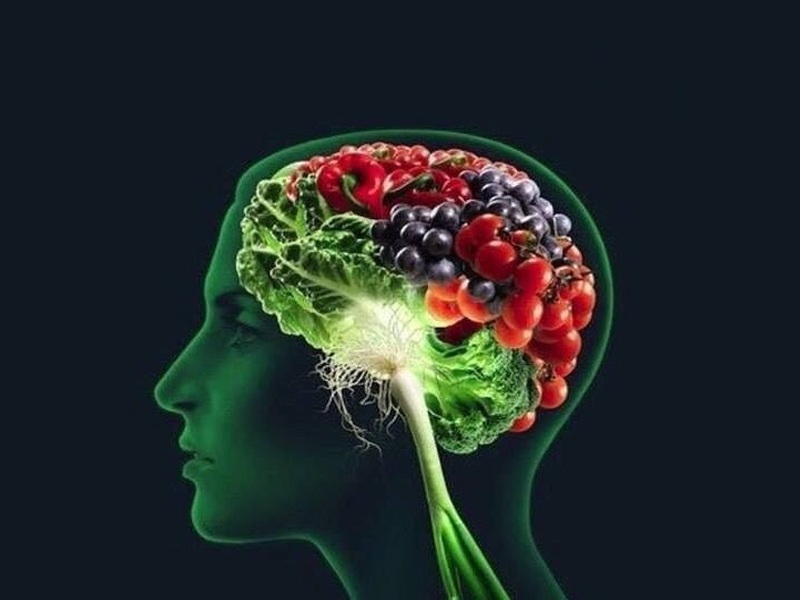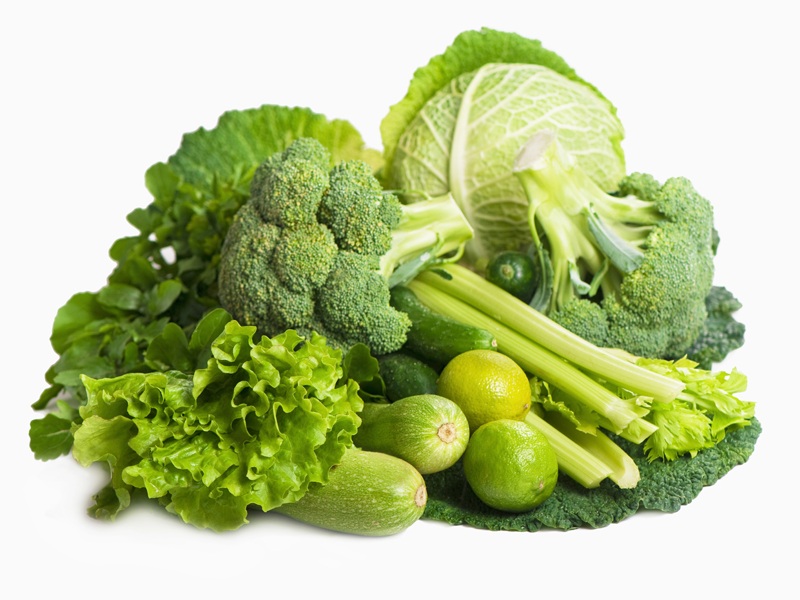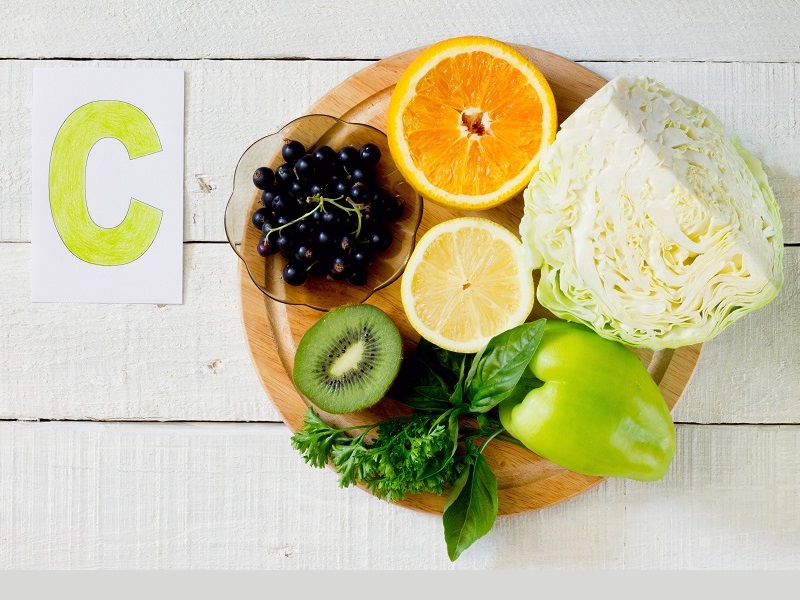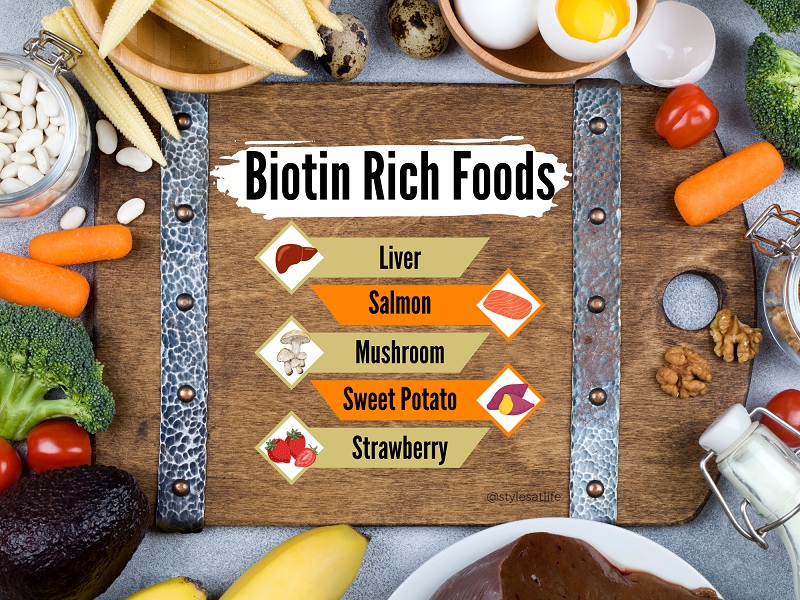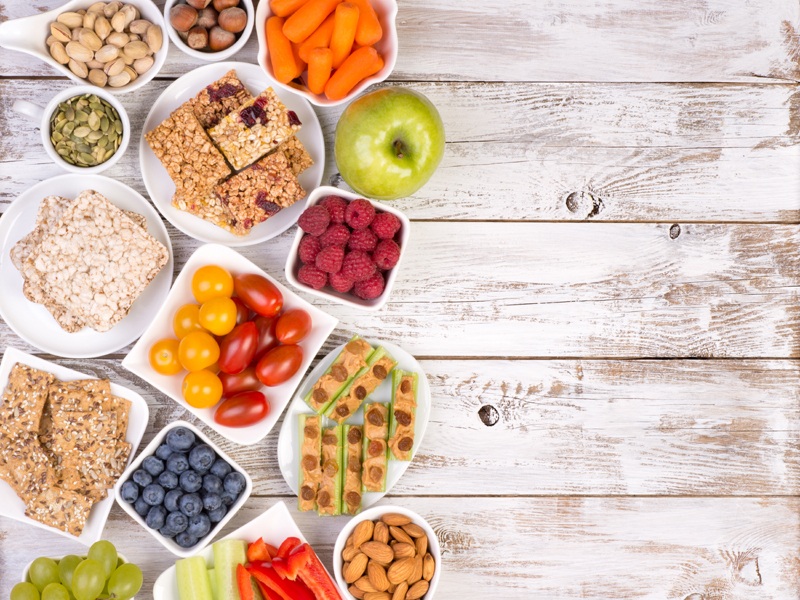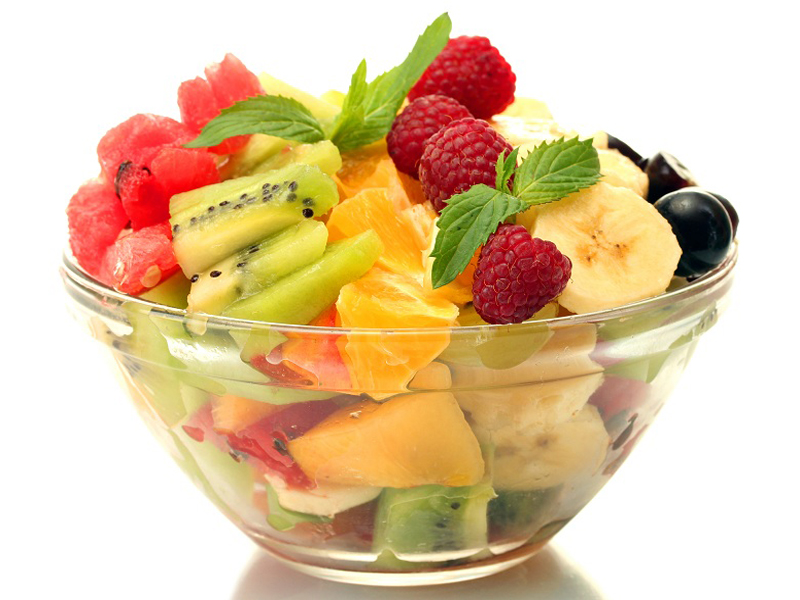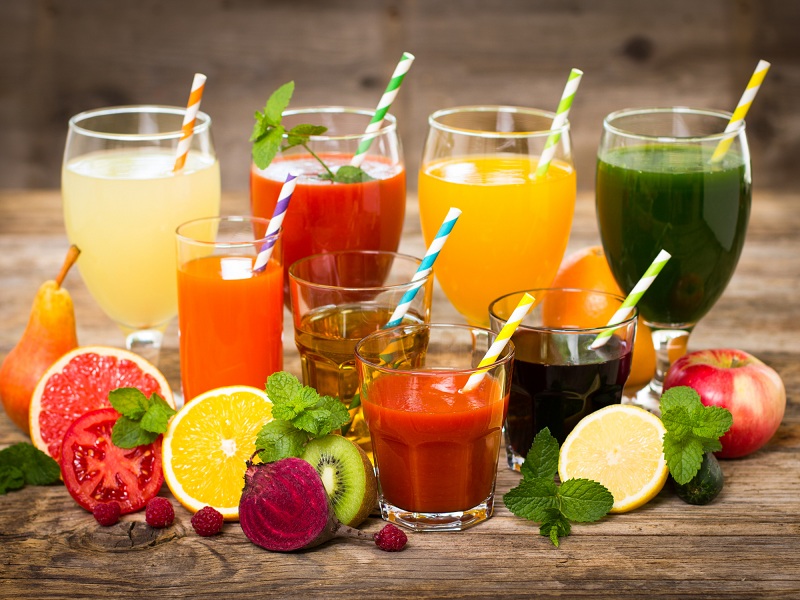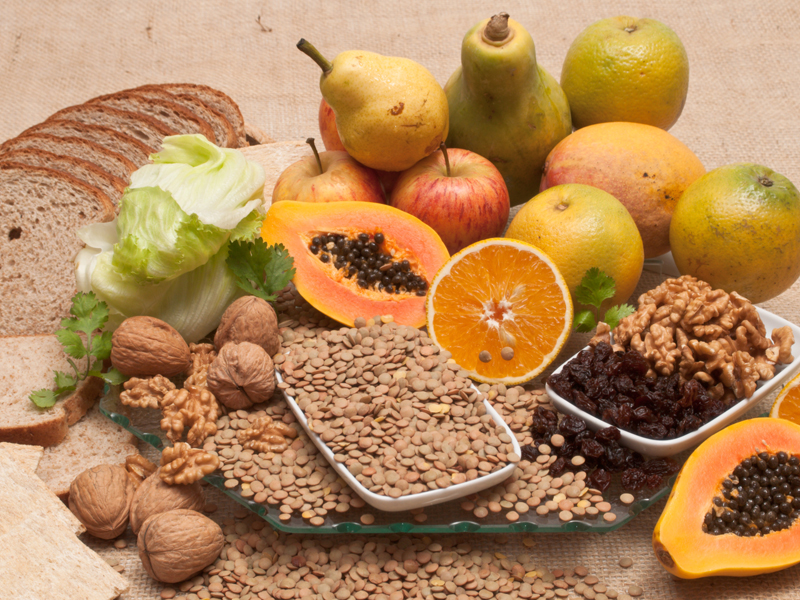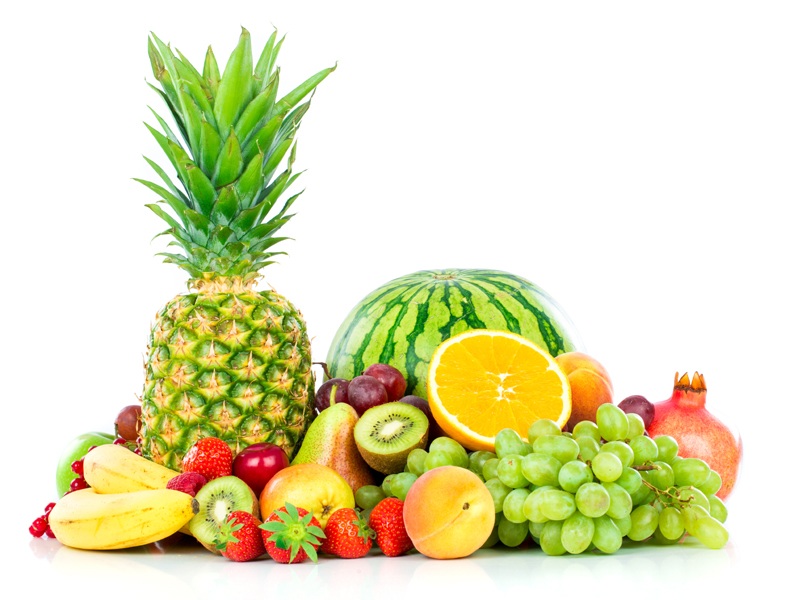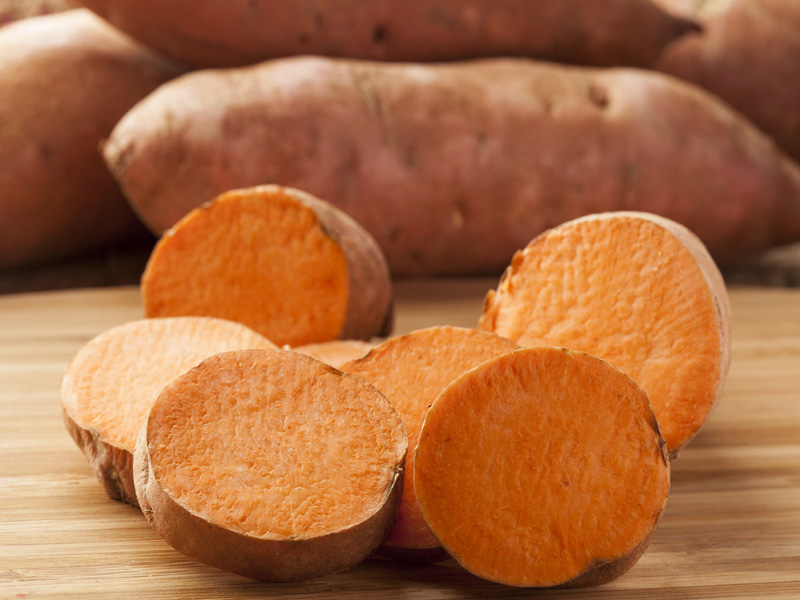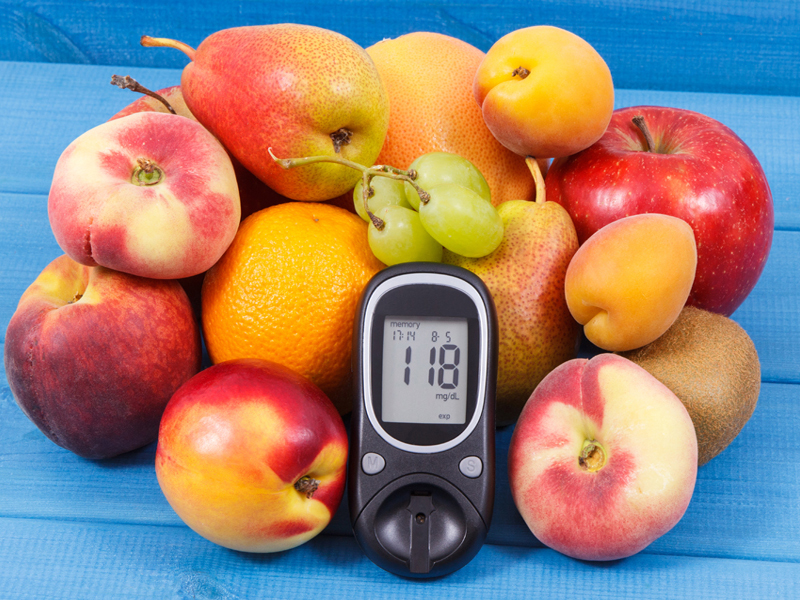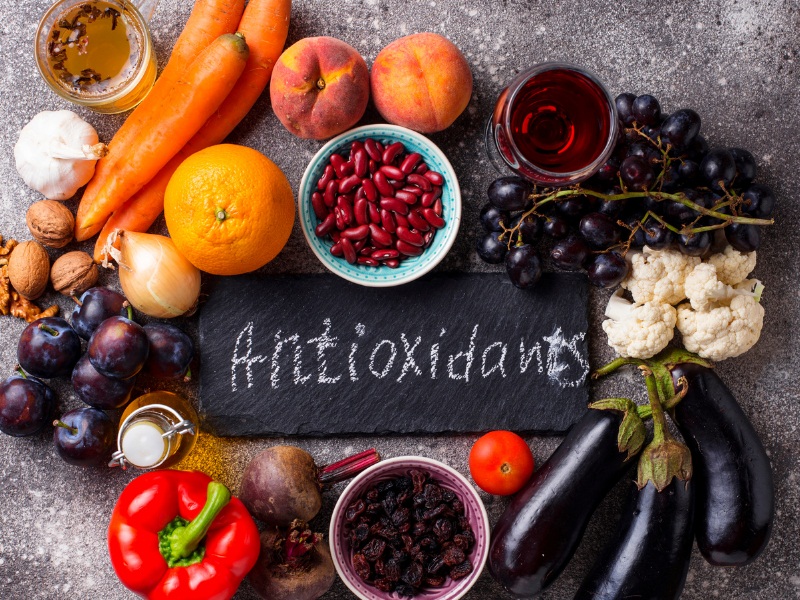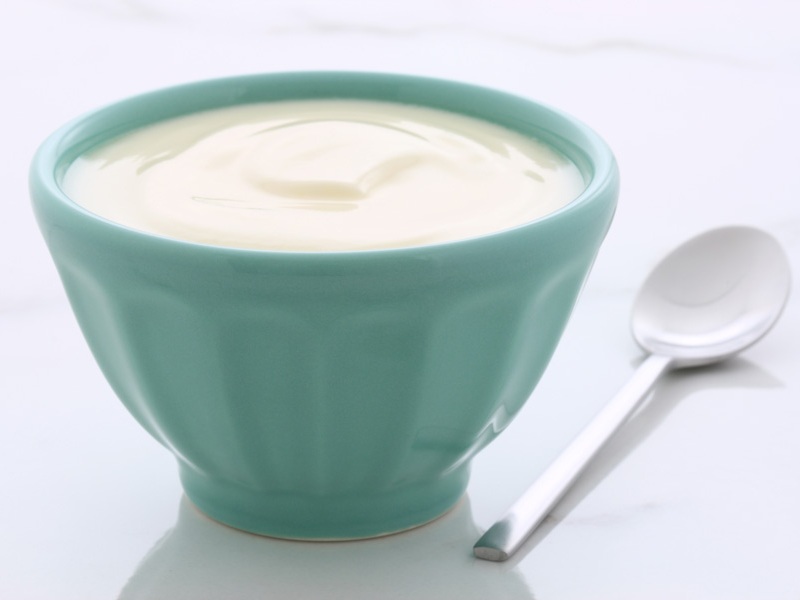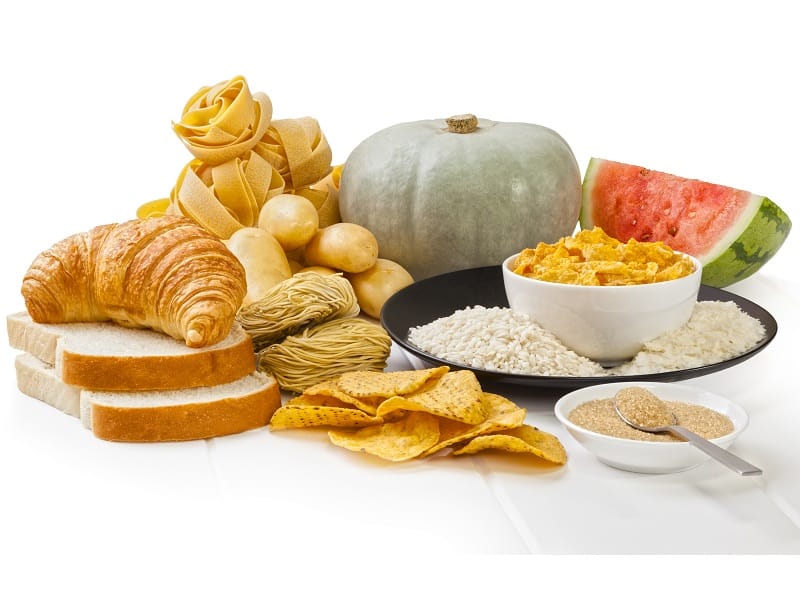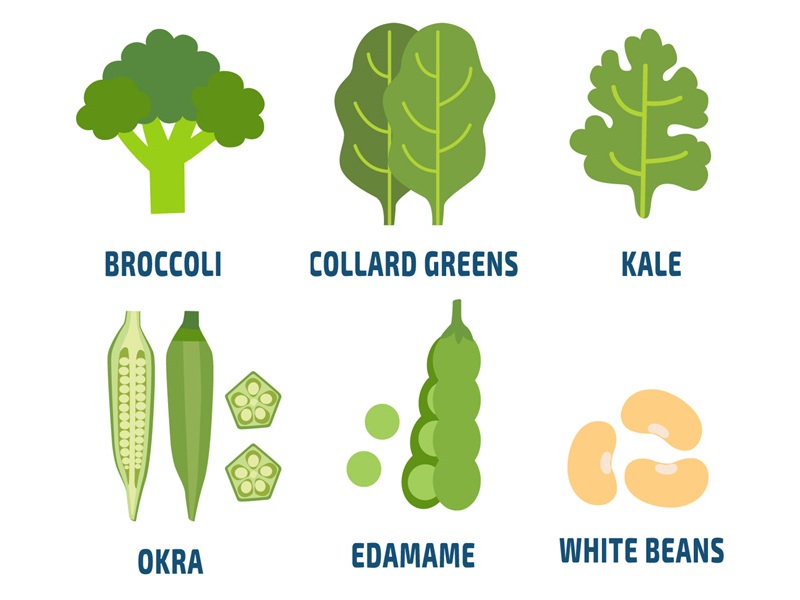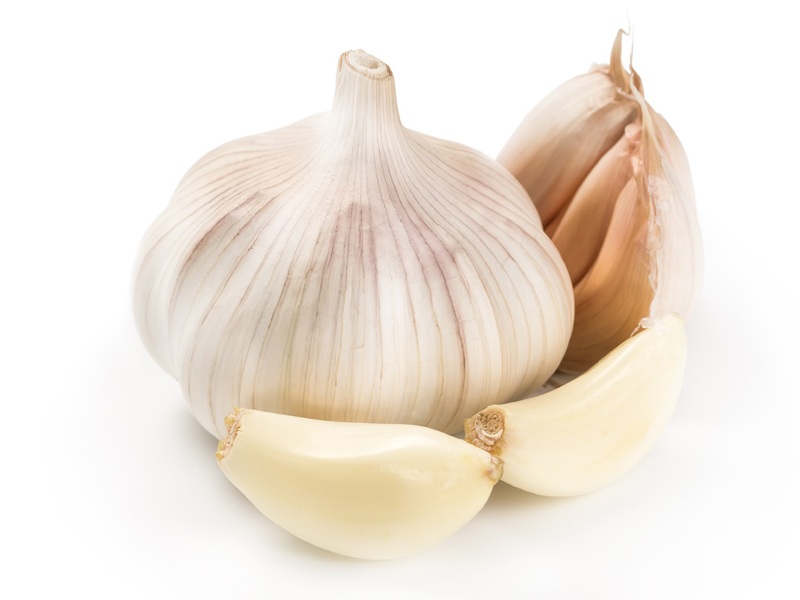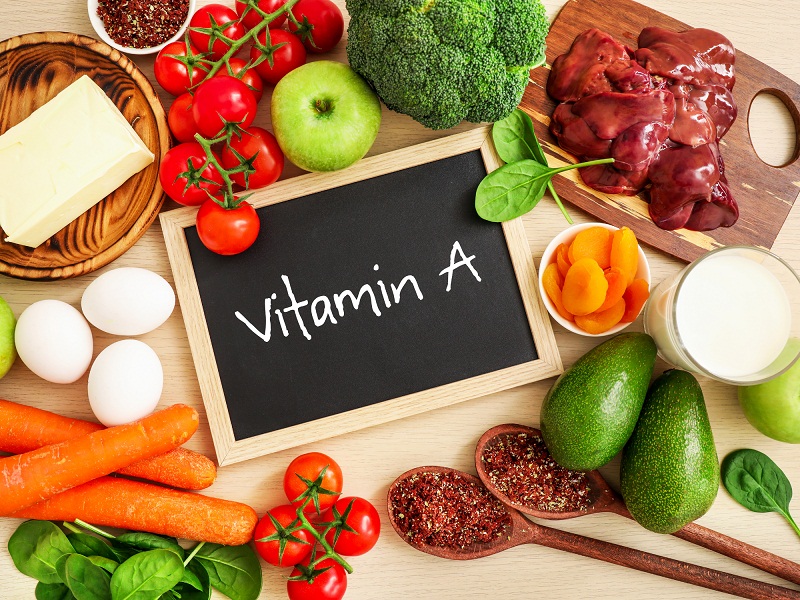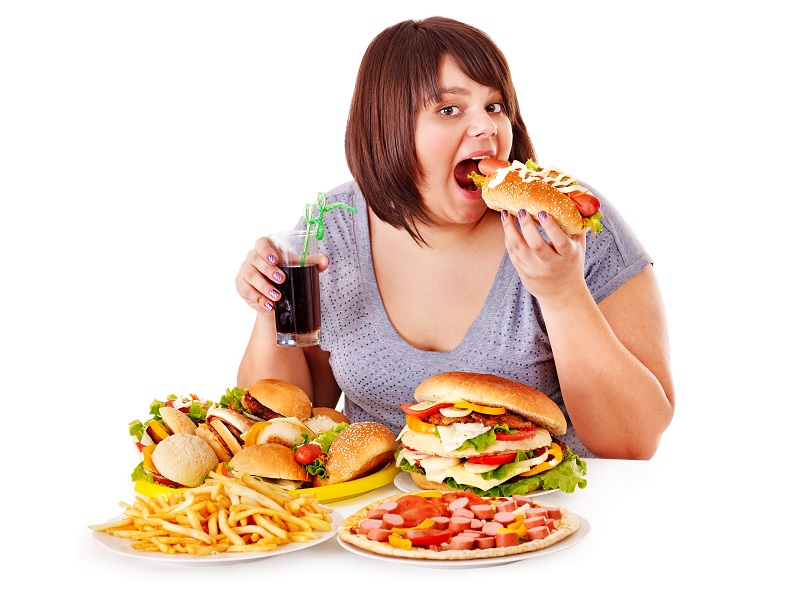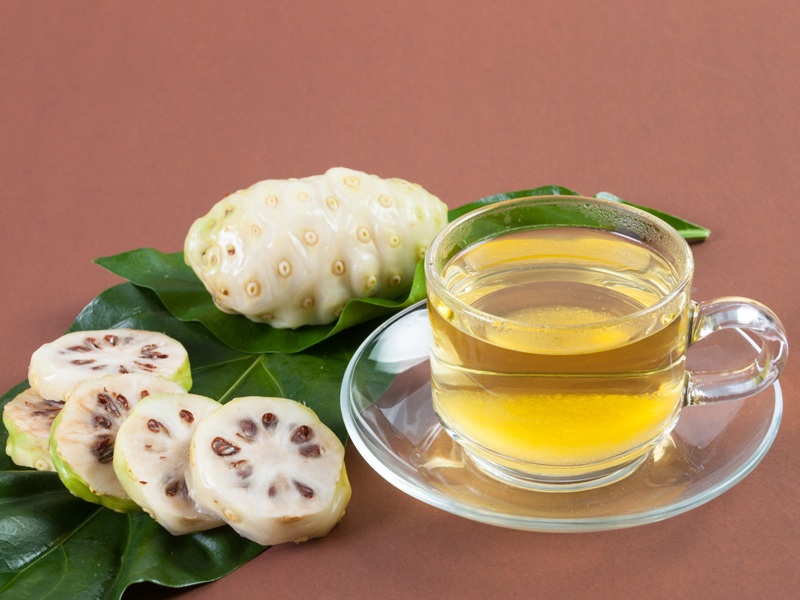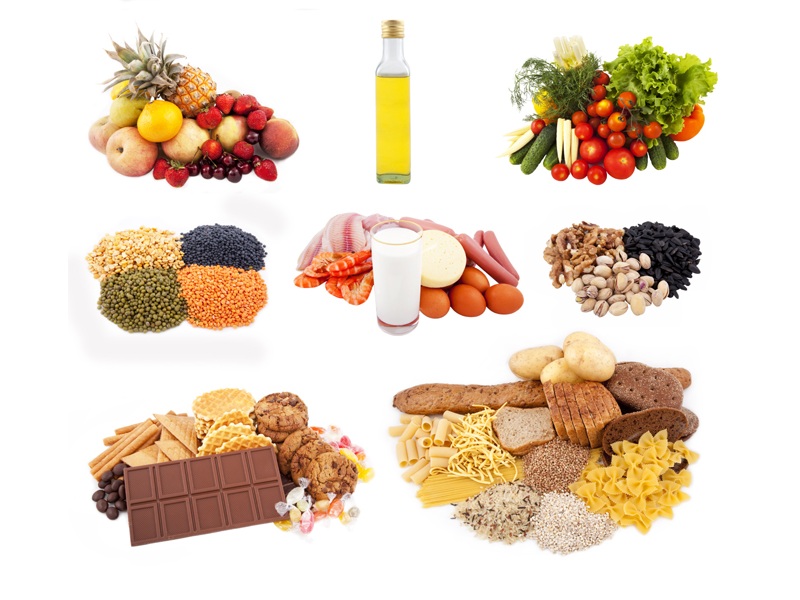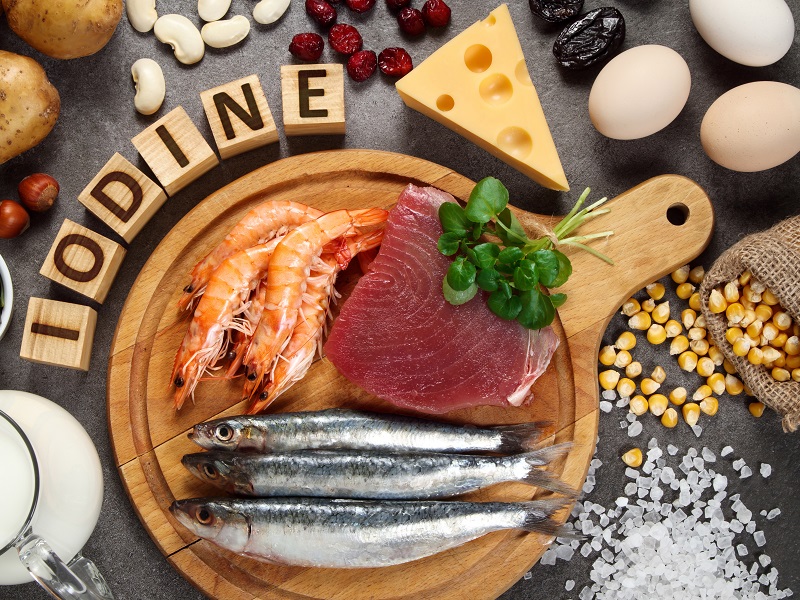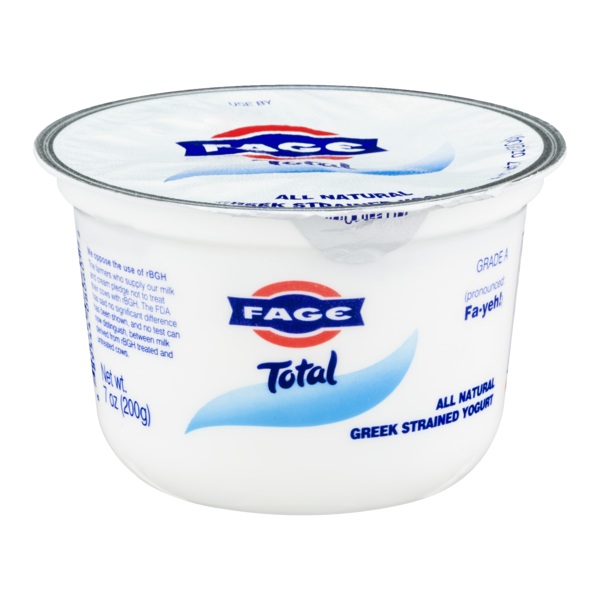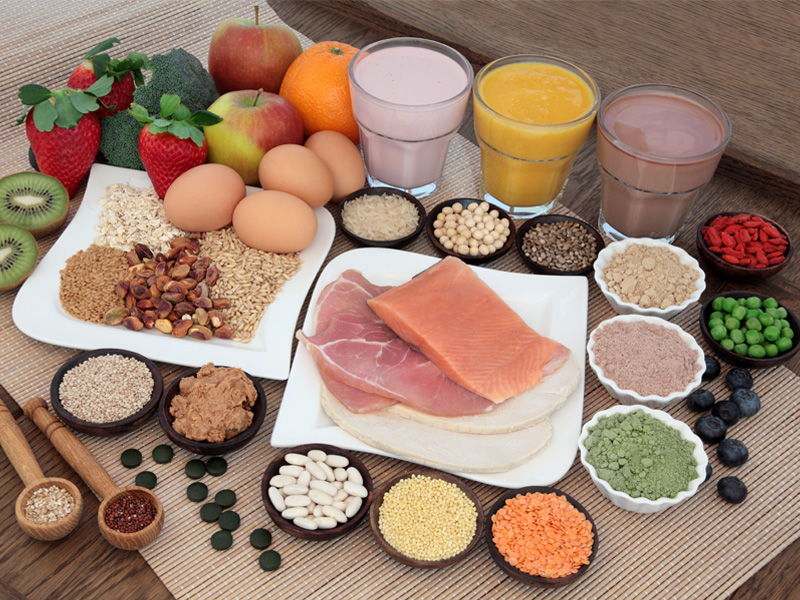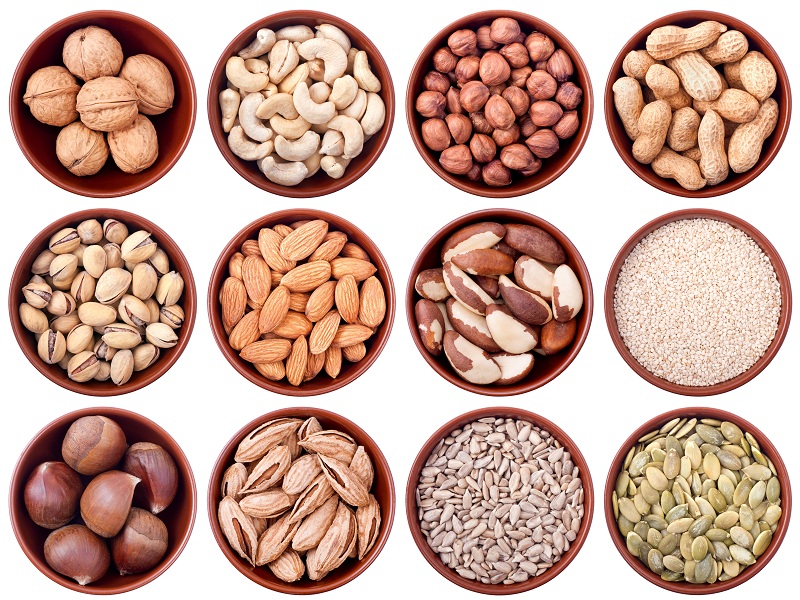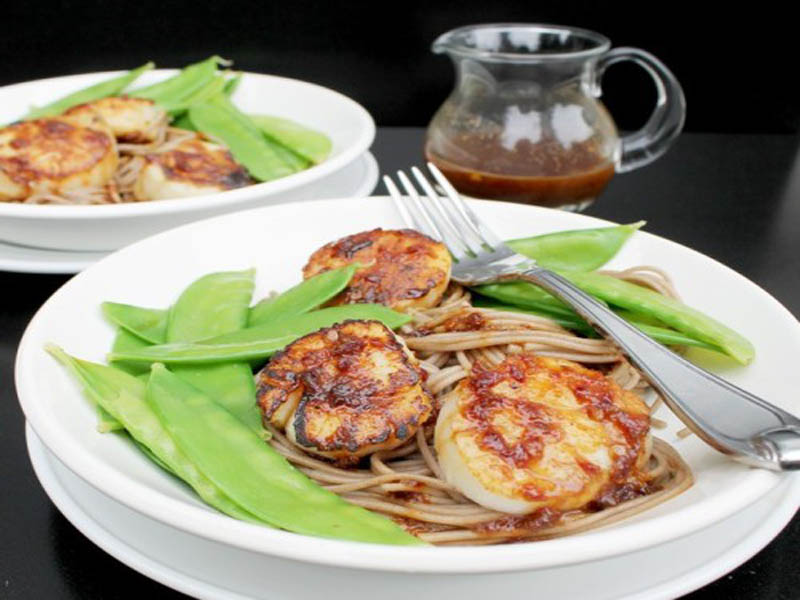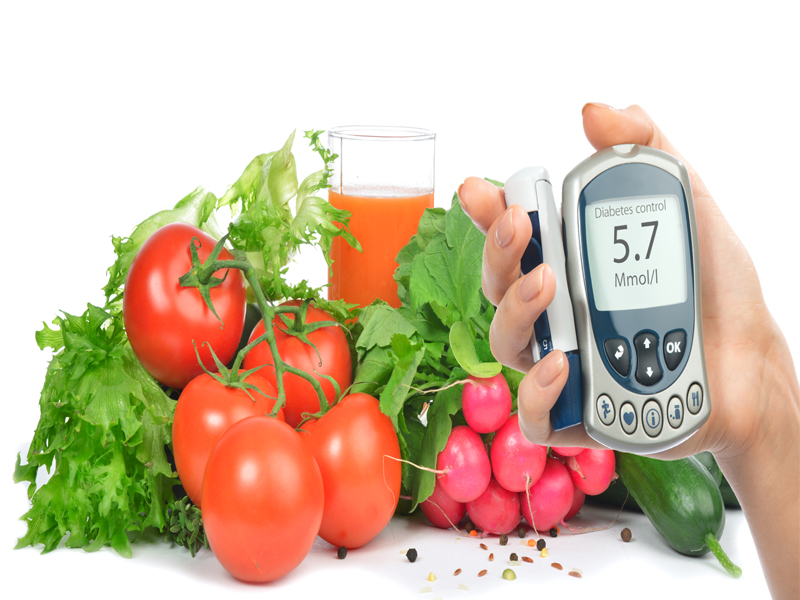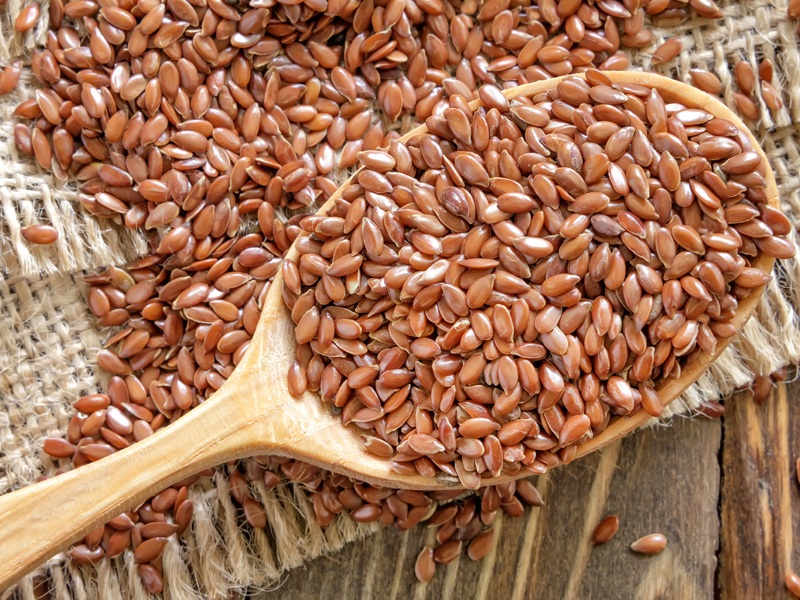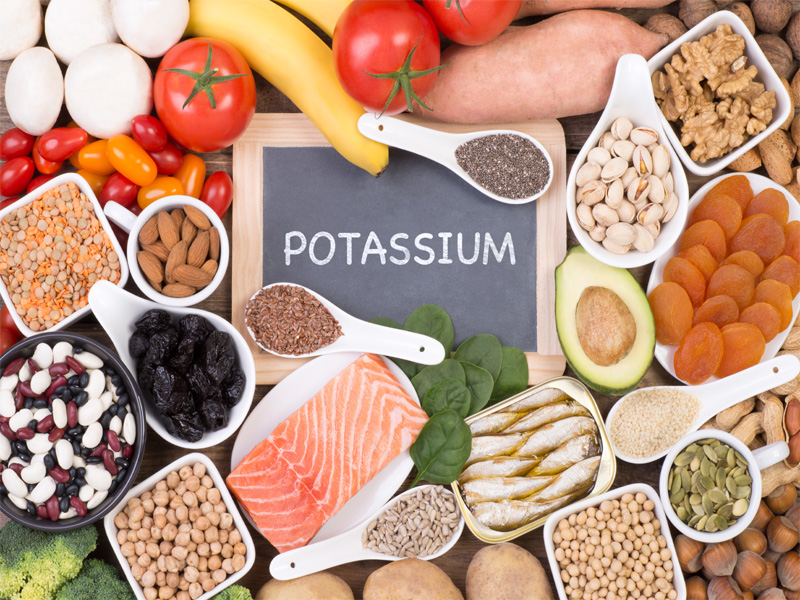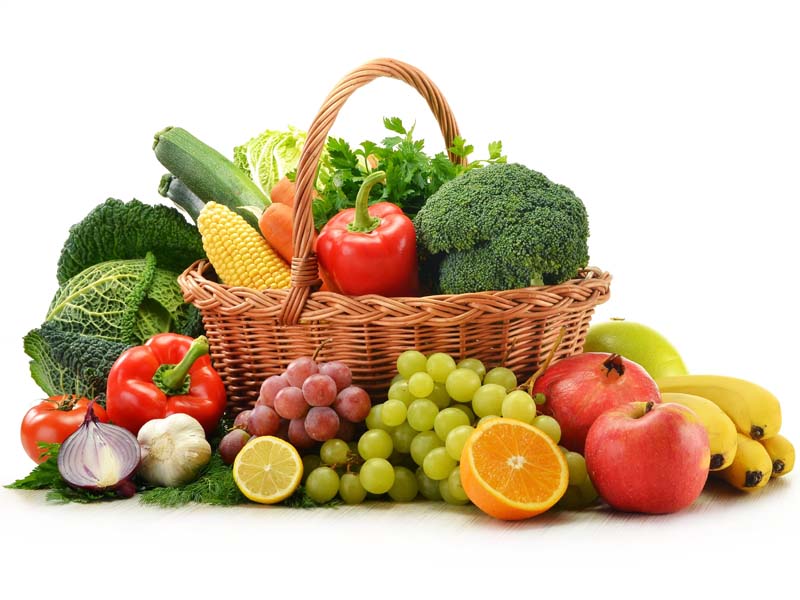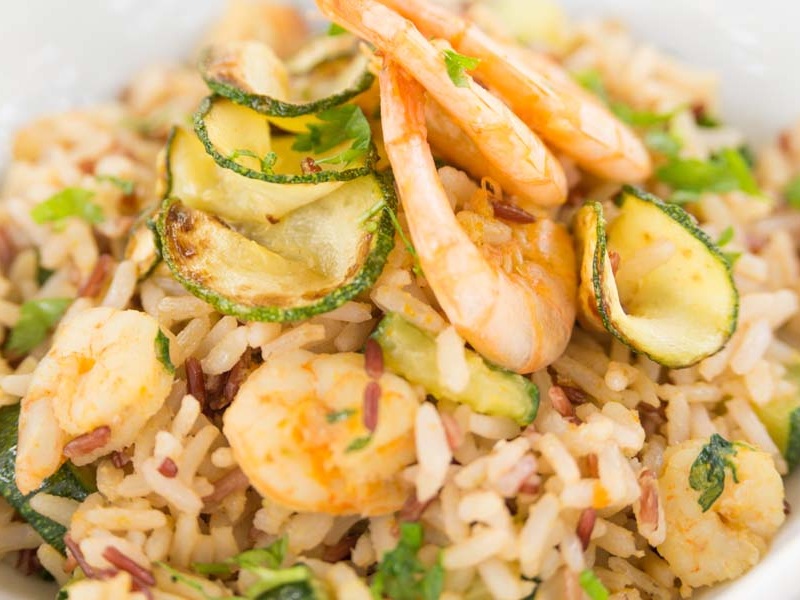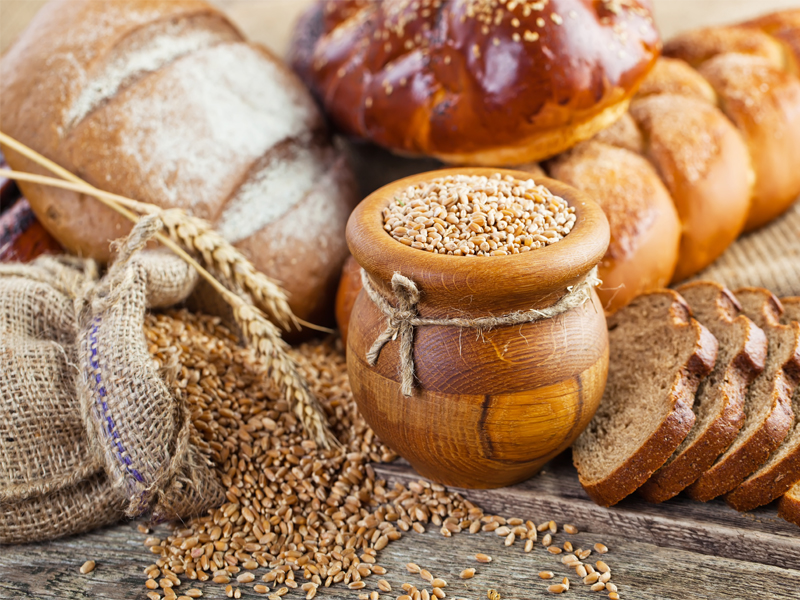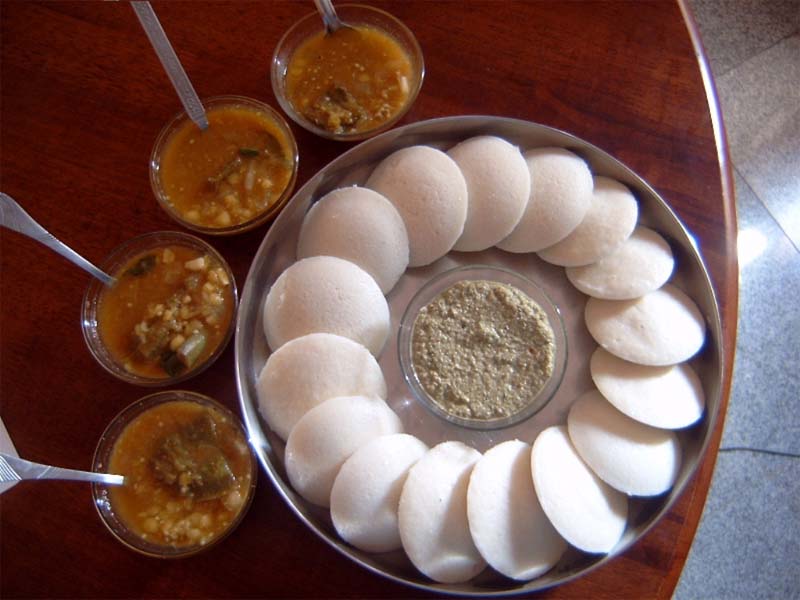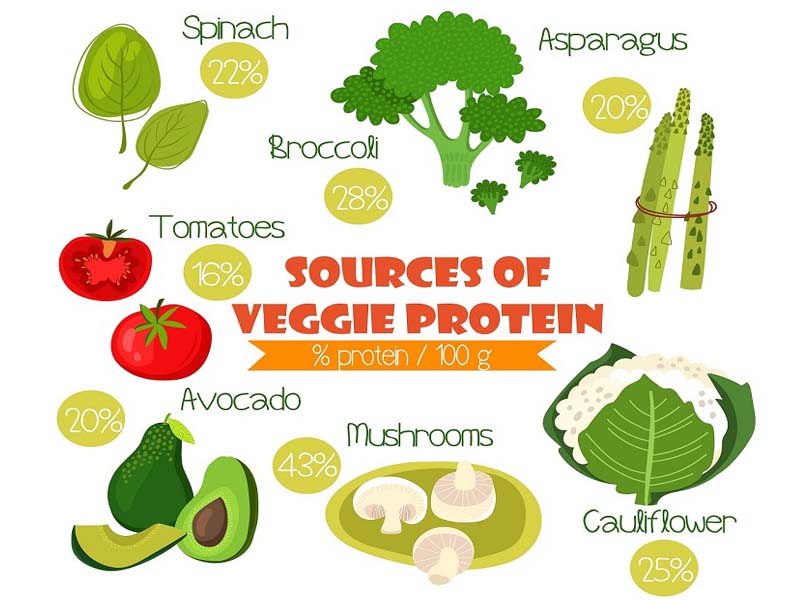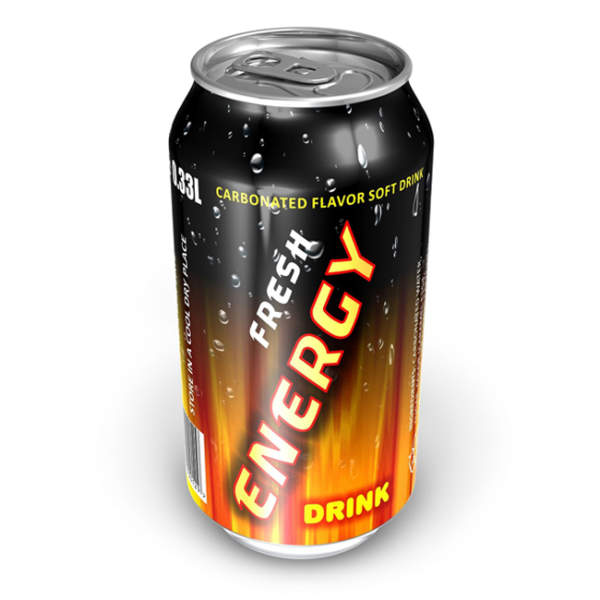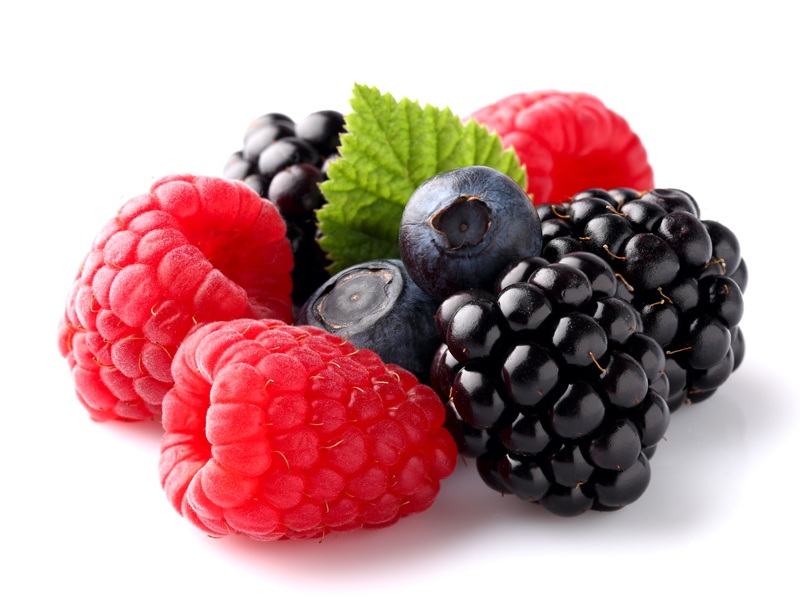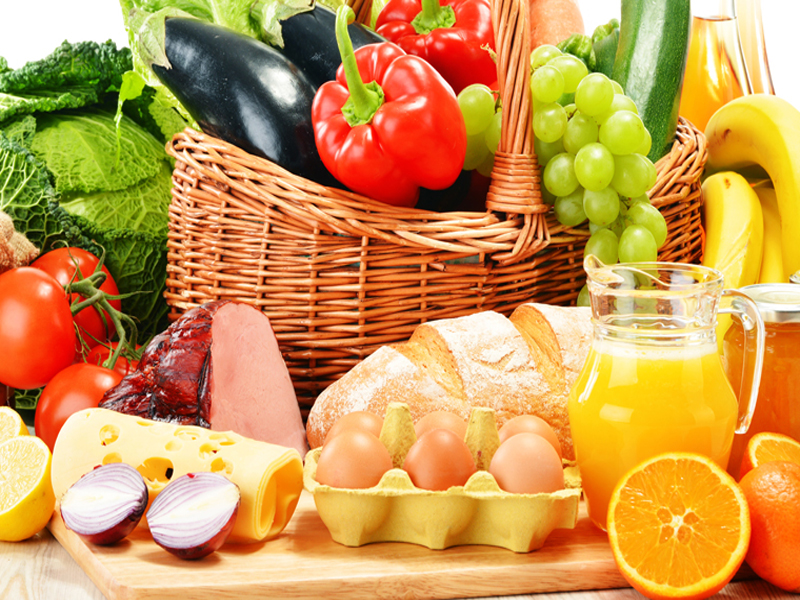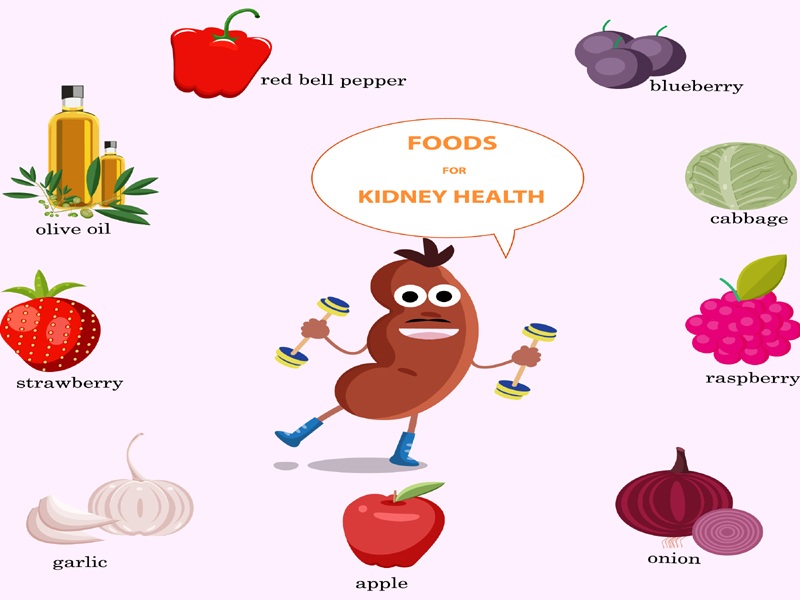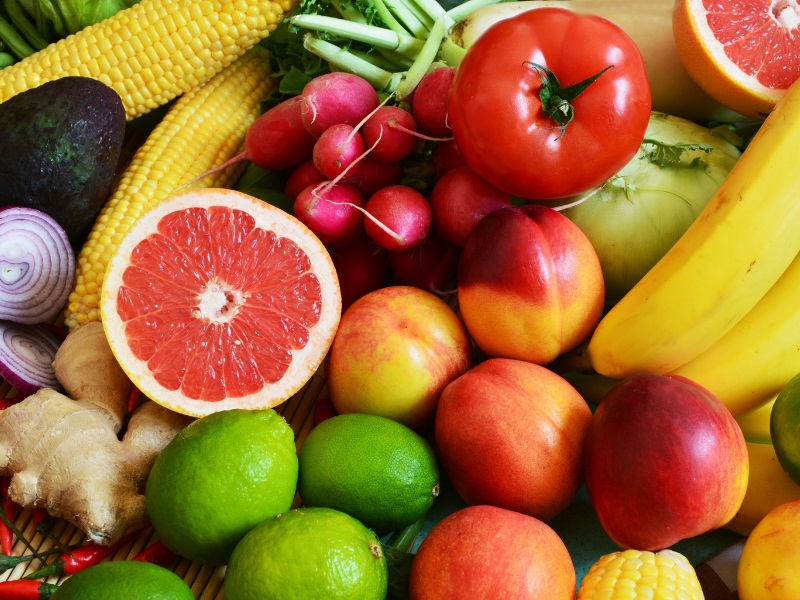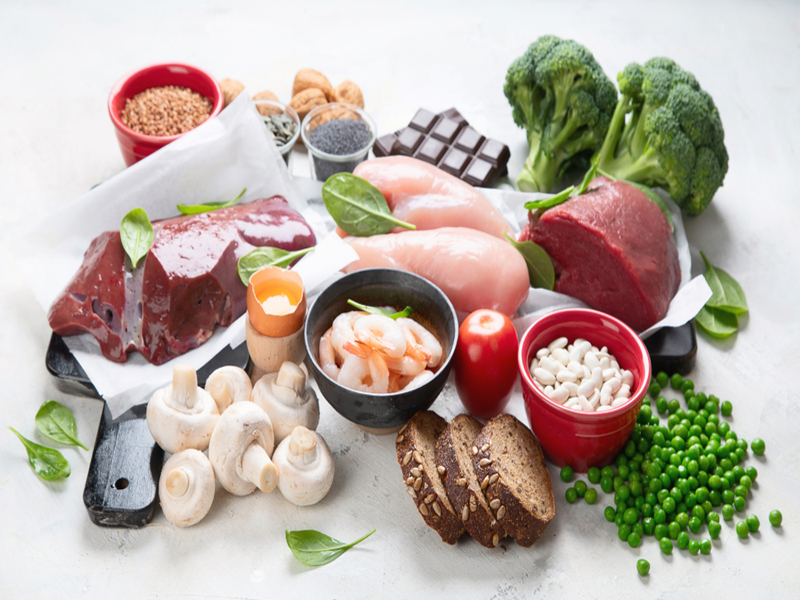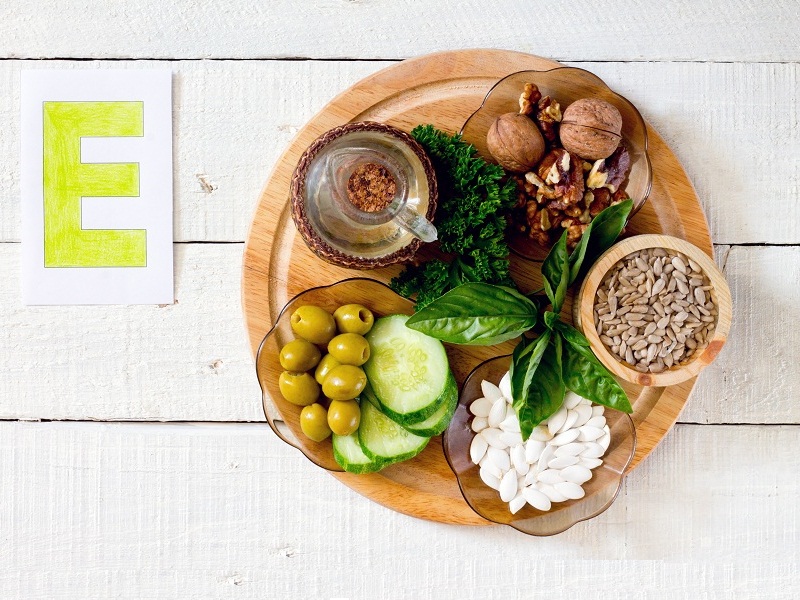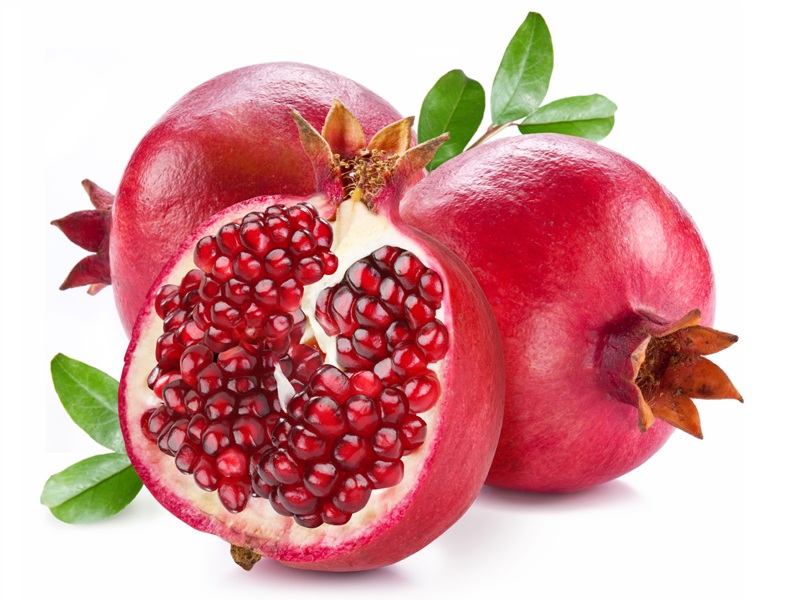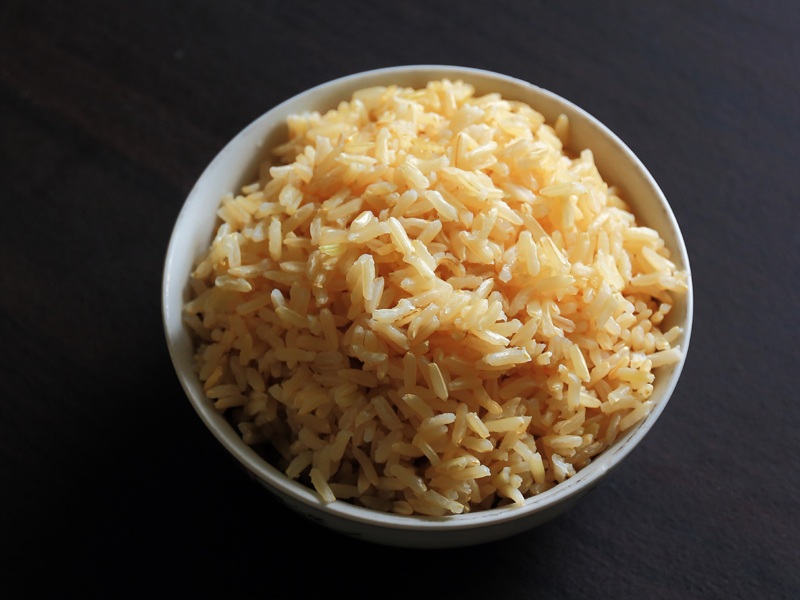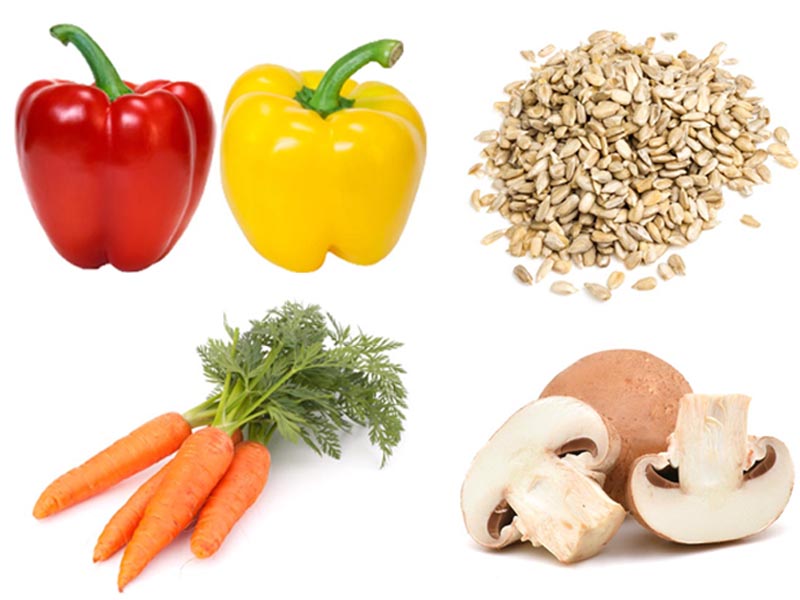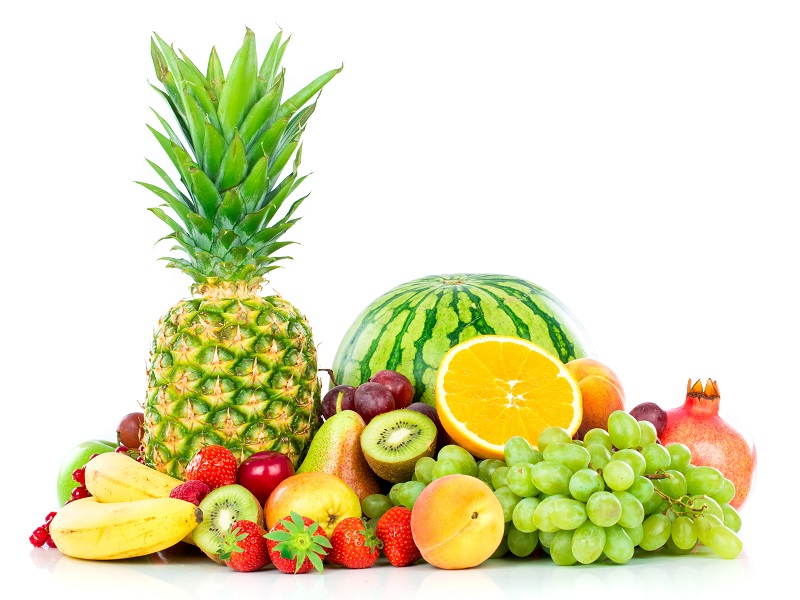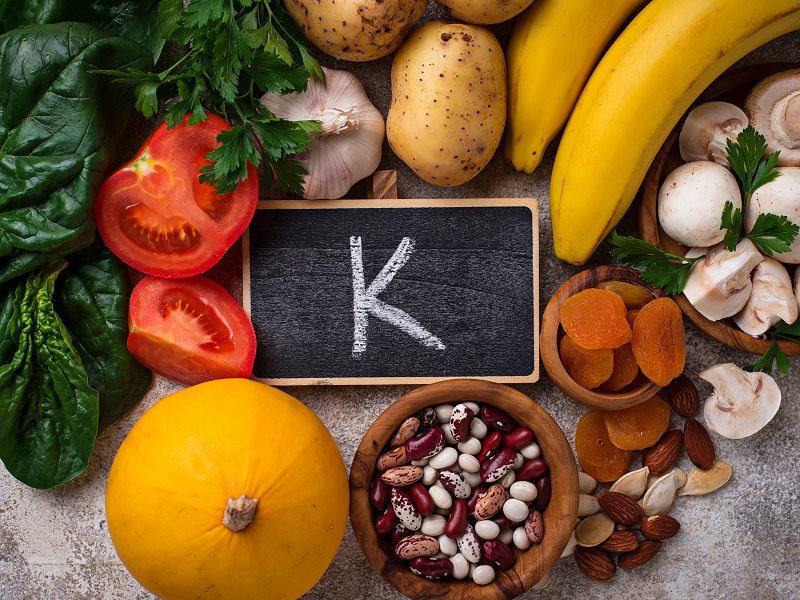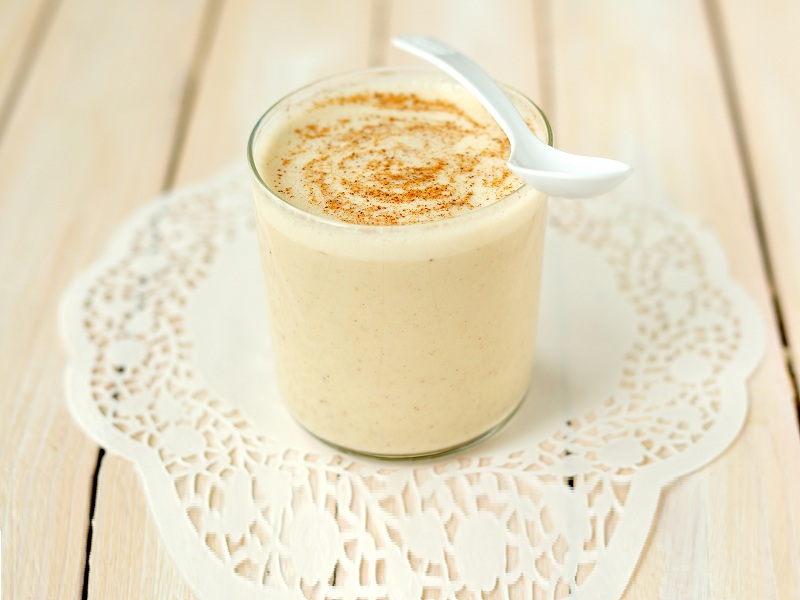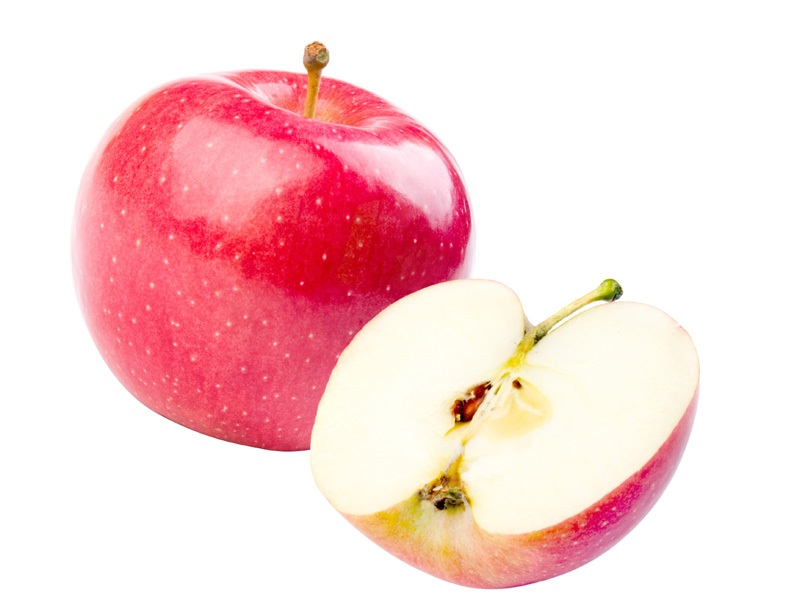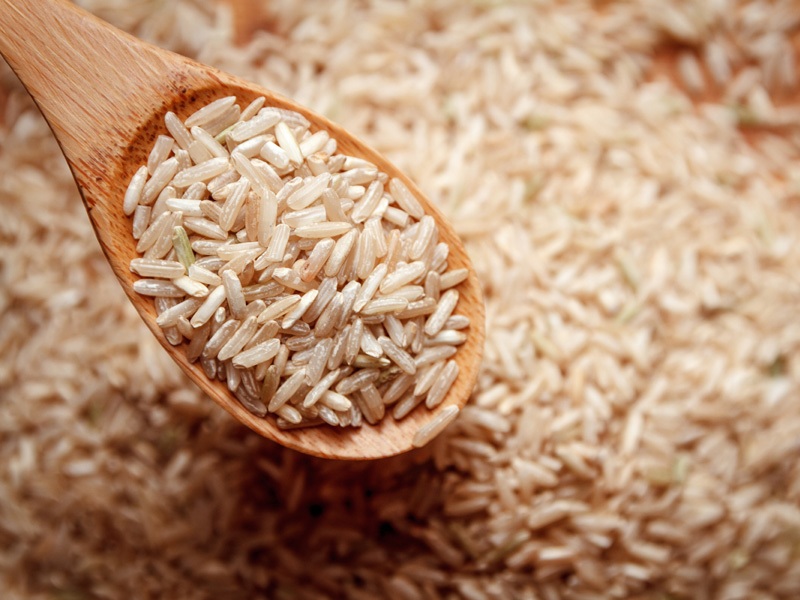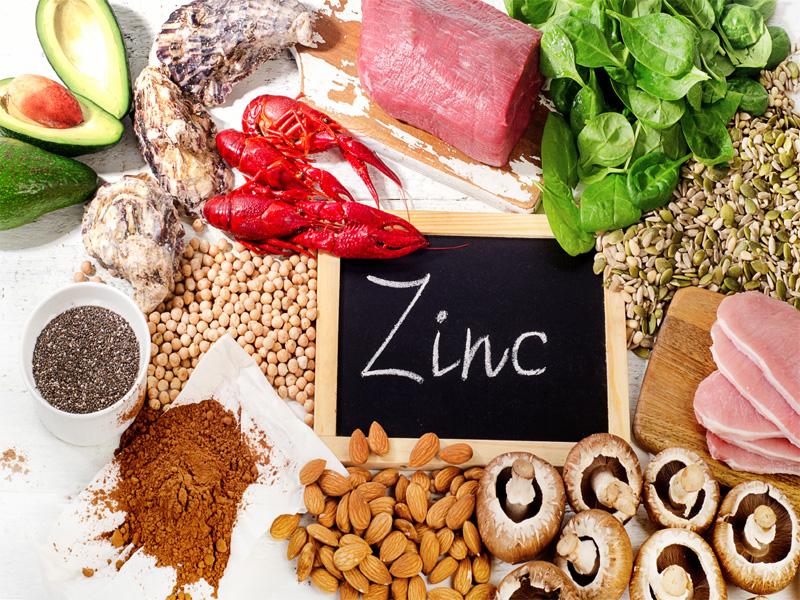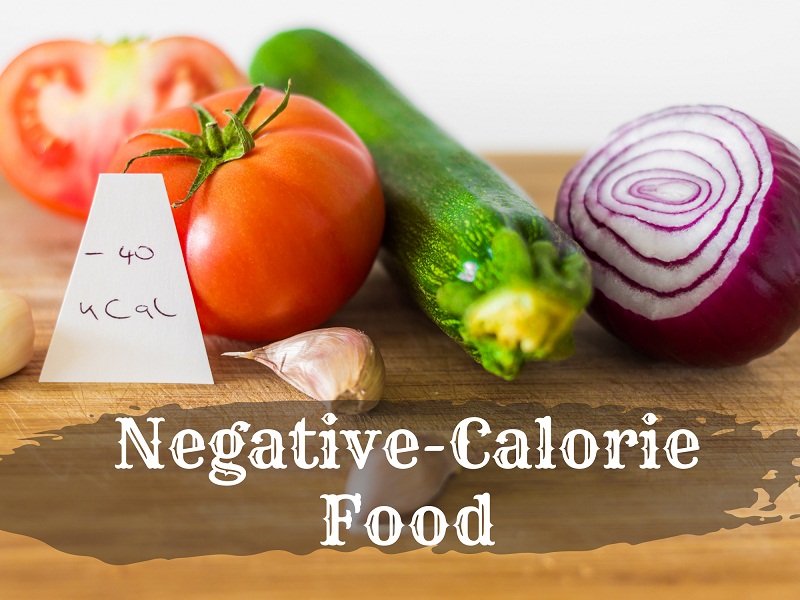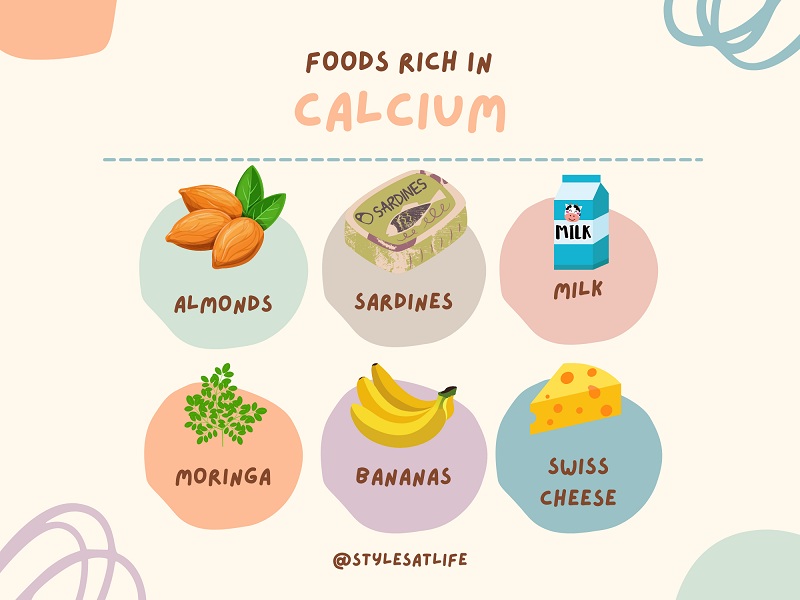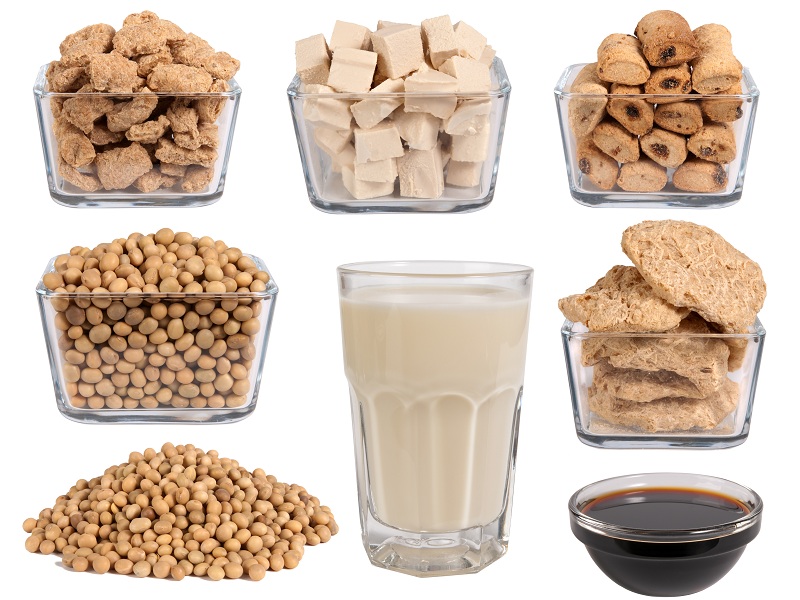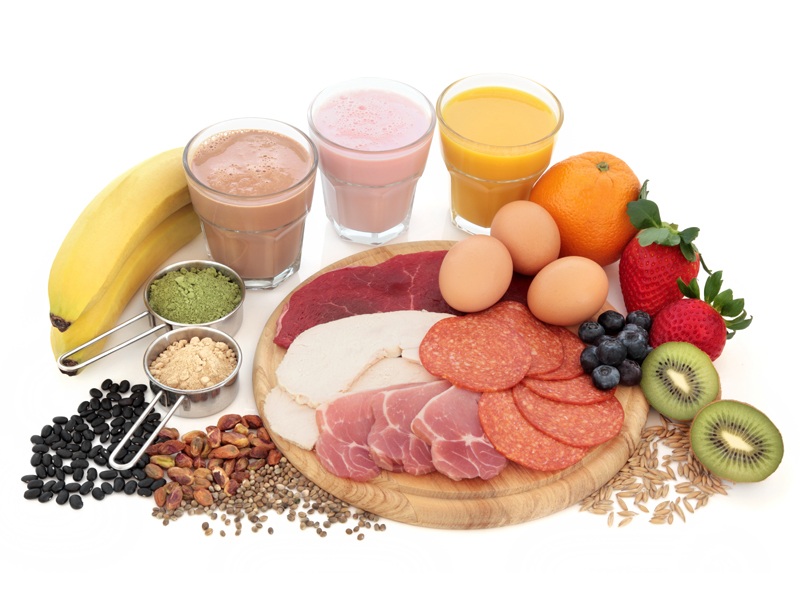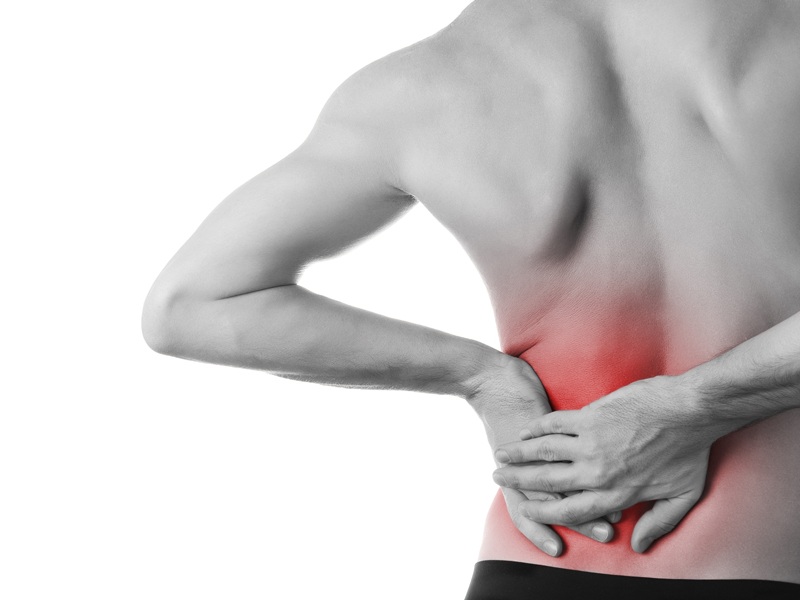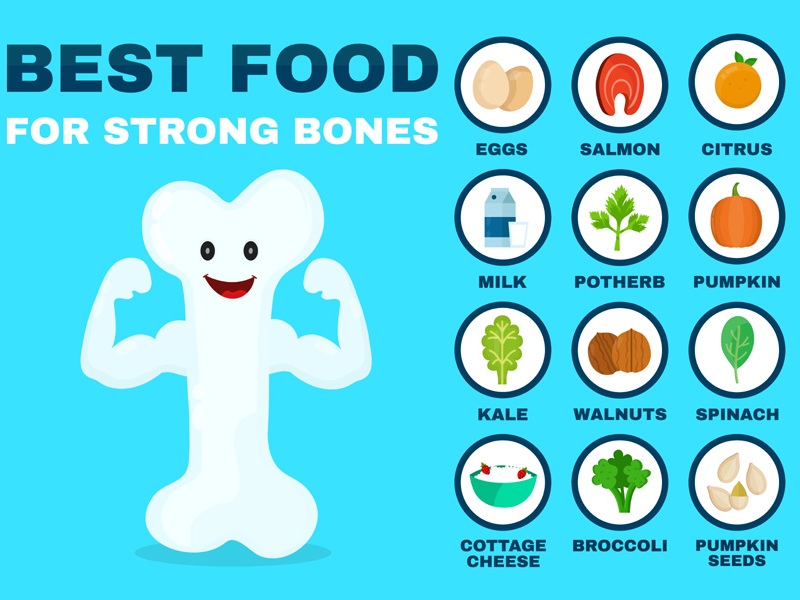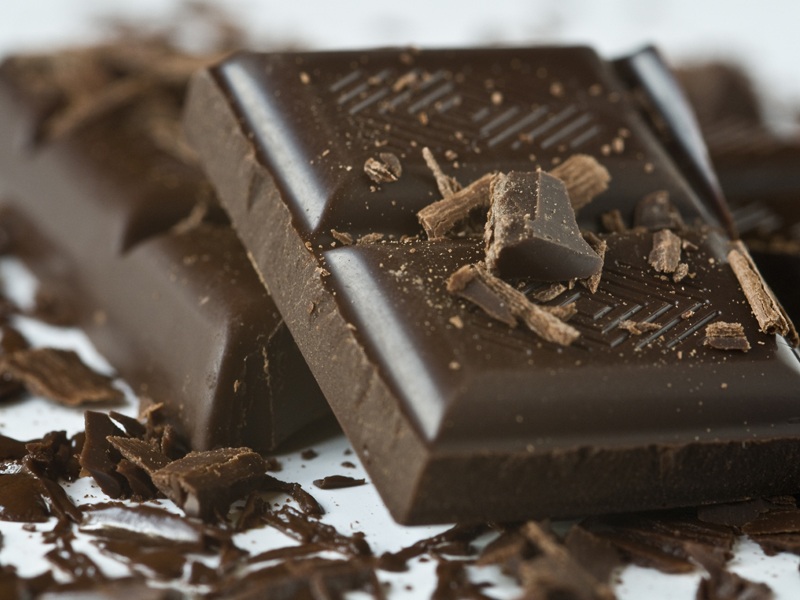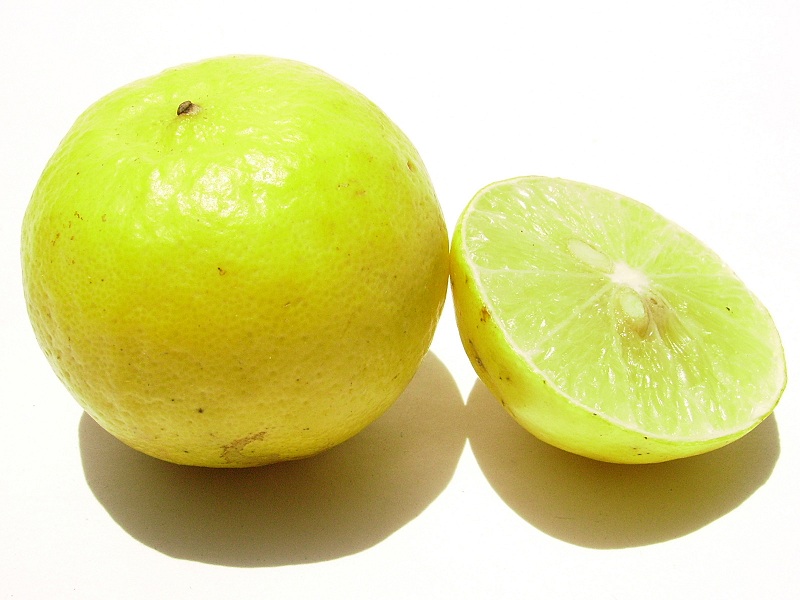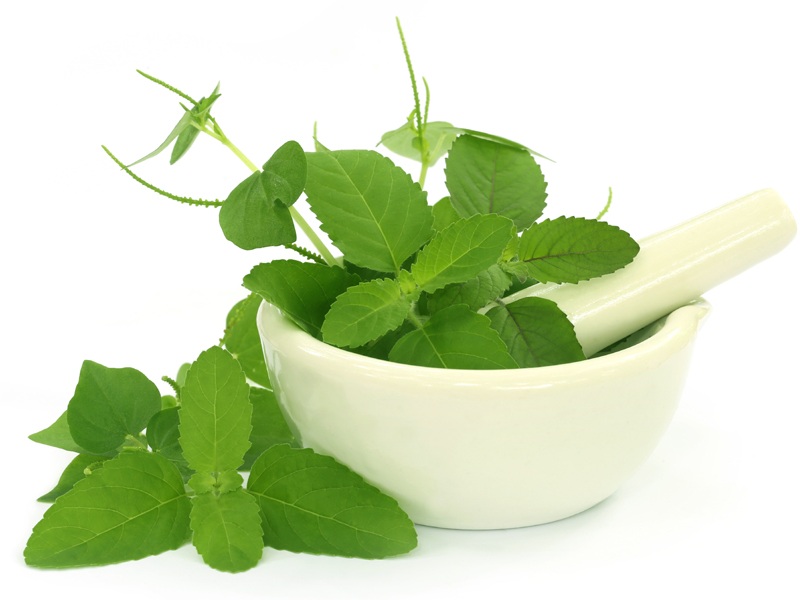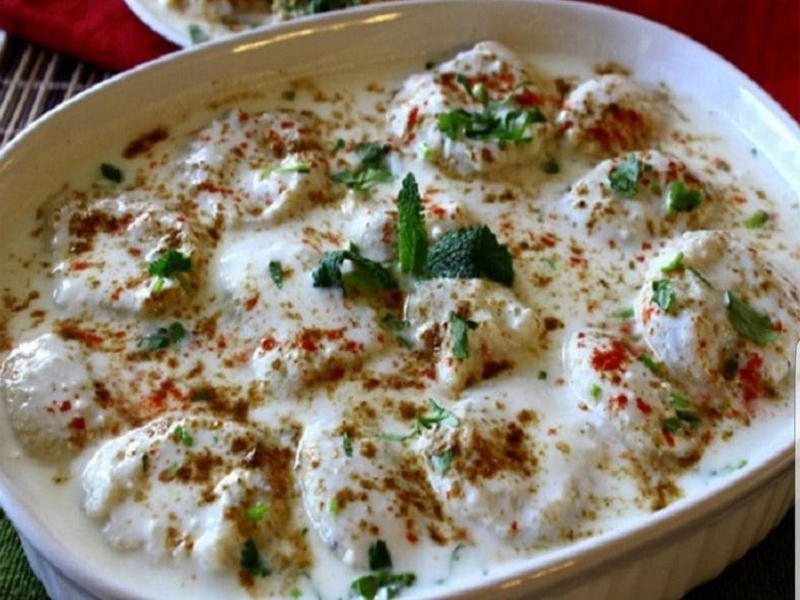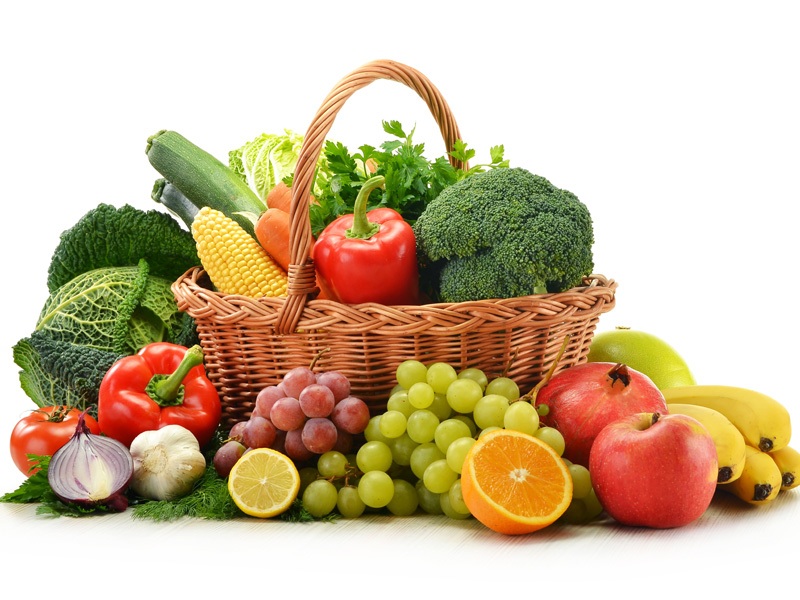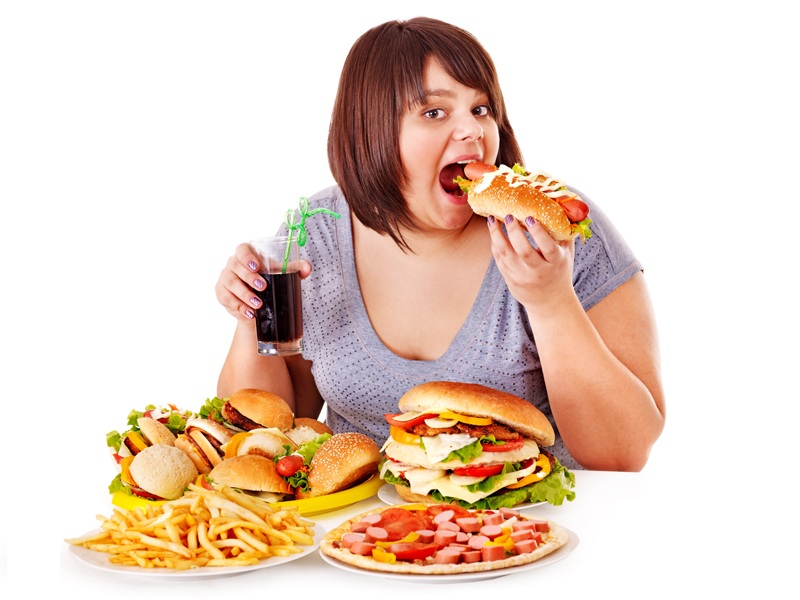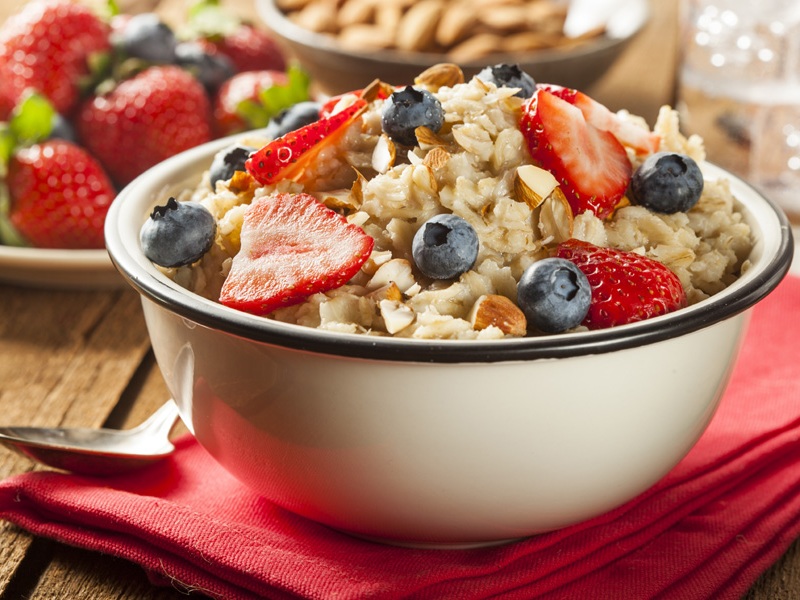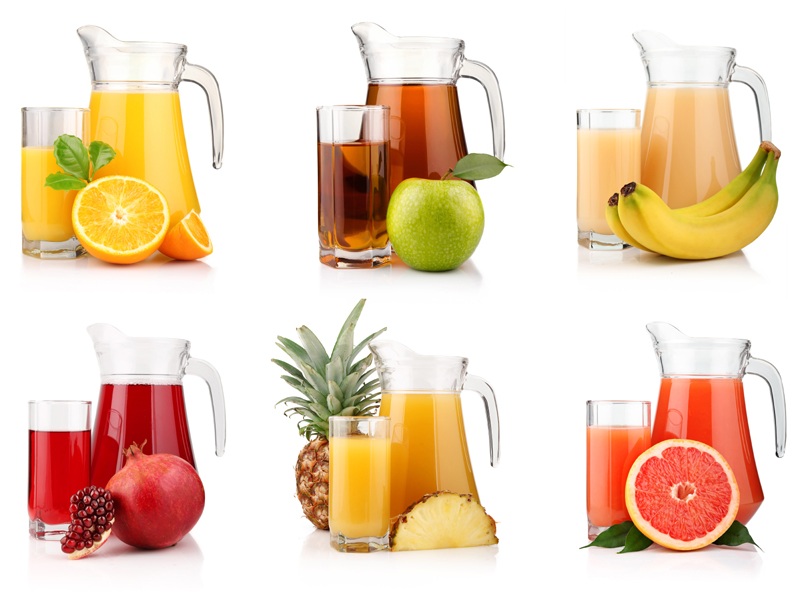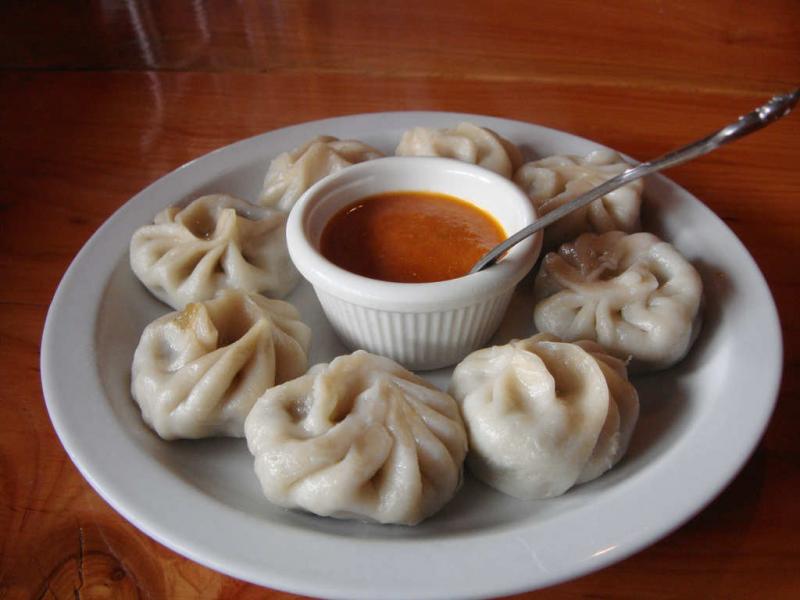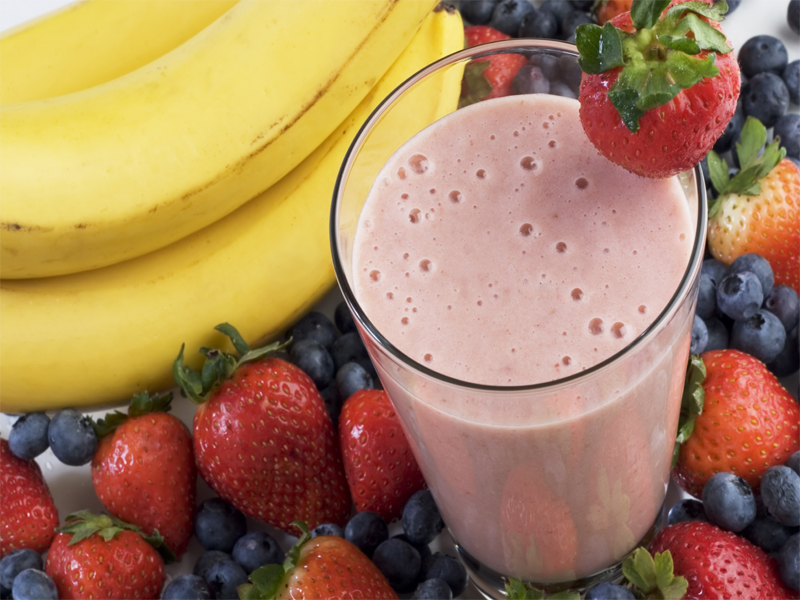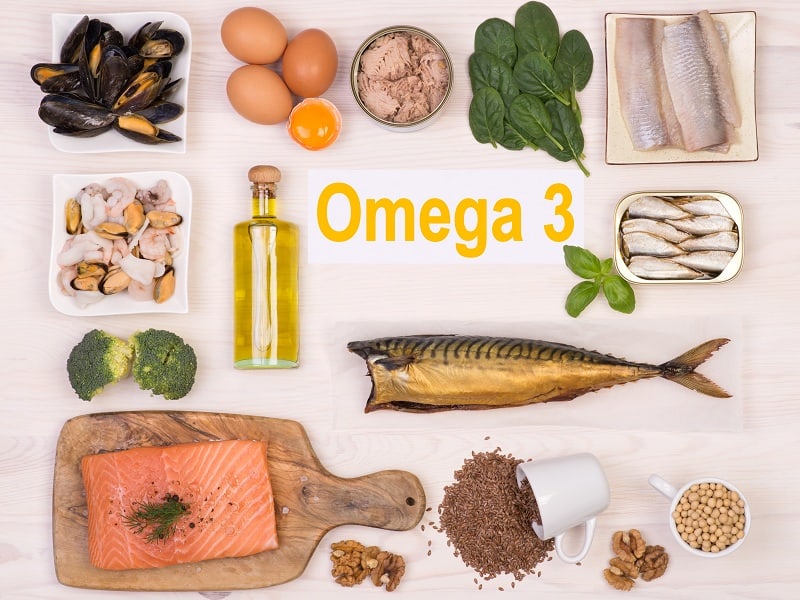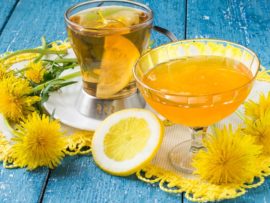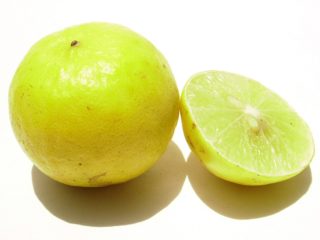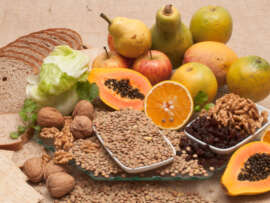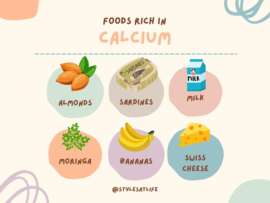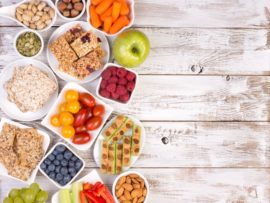A common misconception is that only meat-based products have protein! Many vegetarians don’t realize that they don’t have to turn into meat-eaters to get their daily protein requirements. A number of Protein-rich vegetables like Broccoli, Kale and even Mushrooms, give a stiff competition to chicken, seafood and steak! Protein is a crucial nutrient required by the body to form new cell growth, repair old tissues and form muscles. It is needed for the formation of blood and bones as well. No wonder why Protein is called “the building block” of a human body.
Some of the vegetables with protein discussed in the article can help you meet all your Protein goals without the side effects of eating meat. Let’s get started to know how much protein in vegetables can be obtained.
High Protein Vegetables List In India:
If you are wondering which vegetables have high protein, check out this list! Given below are a few well-known Protein rich vegetables that are very beneficial for your health and stay fit. Also, check out the vegetable protein amount under of them:
1. Spinach:
Spinach is the highest protein rich vegetable in the world, it is the best meat substitute for you. Spinach is a perfect meat substitute because it contains exactly 49 % protein which is a perfect way to provide protein for your body. Spinach is rich in many other vitamins as well which absolutely perfect to keep your body healthy and battle almost every disease.
- Protein In 1 Cup: 0.9 gm or 2 % DV
- Total Calories: 6.9 Calories
- How To Include In Your Diet: Dal, Salads, Soups.
2. Kale:
Kale is one of the top vegetables that contain protein in high amounts. You can make a very good platter of food out of kale or involve it in any other parts of your cuisine to help fill your body with a large number of proteins. Kale is very easy to find a vegetable that involves many other vitamins and minerals as well which contribute to your healthy body.
- Protein In 1 Cup: 2.2 gm or 4 % DV
- Total Calories: 33.5 Calories
- How To Include In Your Diet: Salads, Stir-Fries. Smoothies.
3. Broccoli:
Broccoli is top protein vegetables that is a perfect substitute for meat because of its high protein level. Broccoli works well to introduce a large number of proteins into your body which amounts to an exact 45 %. Broccoli is an awesome substitute which will most certainly fill your stomach when incorporated into your daily diet.
- Protein In 1 Cup: 2.1 gm or 4 % DV
- Total Calories: 19.9 Calories
- How To Include In Your Diet: Salads, Stir-Fries, Grilled.
4. Cauliflower:
Cauliflower is one of the very good protein vegetables, that is found at every grocery market and is normally eaten by a large number of people throughout the world almost every day, but not many people know that cauliflower is actually very rich in protein which makes it a very full-blown meal on its own. Cauliflower is best when fresh and green. This is one of the best and famous high protein vegetables.
- Protein In 1 Cup: 2.0 gm or 4 % DV
- Total Calories: 25 Calories
- How To Include In Your Diet: Curries, Stir-Fries, Cauliflower Rice.
5. Mushroom:
Mushrooms are a little less eaten than any green vegetable but that does not make it any less as compared to the rest of the vegetables in the world. Mushrooms are rich in protein and amount to almost 38 % protein in your daily diet. Boiled mushrooms will help retain your protein very well. The mushroom recipe is one of the greatest vegetables rich in protein and has good taste also.
- Protein In 1 Cup: 2.2 gm or 4 % DV
- Total Calories: 15.4 Calories
- How To Include In Your Diet: Curries, Stir-Fries, Salads, Soups.
See More: High Protein Fruits
6. Parsley:
Parsley is not eaten much and is normally used in cuisines as a means of flavour, but not many people know that parsley is actually rich in protein and an contribute to at least 38 % protein in your body. Incorporate more parsley in your diet to help maintain a good and strong body.
- Protein In 1 Cup: 1.8 gm or 4 % DV
- Total Calories: 21.6 Calories
- How To Include In Your Diet: Soups, Salads.
7. Cucumbers:
Cucumbers can be eaten raw and that’s actually quite phenomenal because this allows the whole 24 % of the protein to enter your body unhindered. Cucumbers are quite cool to eat and well and go well during the summer. Cucumbers can be easily bought and work well when you want to increase mass effectively.
- Protein In 1 Cup: 0.8 gm or 2 % DV
- Total Calories: 16 Calories
- How To Include In Your Diet: Salads, Pickles.
8. Green Pepper:
Green pepper is an excellent substitute to meat as well and fits very efficiently into the protein vegetable table as it maintains over 22 % protein level which is quite phenomenal. Green peppers make for an excellent meal and go well when boiled or even fried. You may lose a little bit of protein when cooking the green pepper but at the end of the day, you will still help retain a lot.
- Protein In 1 Cup: 1.3 gm or 3 % DV
- Total Calories: 29.8 Calories
- How To Include In Your Diet: Salads, Stir-Fries.
9. Sun-Dried Tomatoes:
This is possibly one of the greatest high protein vegetables as it contains almost 14% of protein which is the highest-ranking protein vegetable in the market. Sun-dried tomatoes are easy to incorporate in your diet and can be purchased as normal tomatoes from any store and then you can sundry them at home for the best results. Try and incorporate this into your daily diet for the best results when it comes to giving your body the protein it needs.
- Protein In 1 Cup: 7.6 gm or 15 % DV
- Total Calories: 139 Calories
- How To Include In Your Diet: Pasta, Pizzas, Salads and Pickles.
10. Green Peas:
The best part about green peas is that it not only is a protein rich vegetable but it can also be enjoyed raw and can be added as an accessory to almost any kind of food that you may want to enjoy. Peas go well with all kinds of salads, it can be added as an accessory to any meal and goes well on all platters along with adding very well to your daily protein intake which is one of the best parts about this great vegetable so enjoy peas today for the best results. This occupies a prominent place in the list of high protein vegetables.
- Protein In 1 Cup: 7.9 gm or 16 % DV
- Total Calories: 117 Calories
- How To Include In Your Diet: Salads, Soups and Stir-Fries.
11. Sweet Corn:
Sweet corn is an elaborate cooked version of normal corn and adds an almost gourmet feel to enjoying an already world-renowned food. Sweet corn is a very strong protein source like its predecessor and can be enjoyed on a daily basis if you want to enjoy a better-tasting vegetable. Sweet corn can be made at home and is easy to eat and store and is rich in other vitamins and minerals as well making it a very adept high protein veg foods.
- Protein In 1 Cup: 5 gm or 10 % DV
- Total Calories: 132 Calories
- How To Include In Your Diet: Salads, Soups and Corn-on-Cob.
12. Beet Greens:
Cooked beet greens are normally the leaves of the beetroot which are rich in a number of vitamins and minerals including protein and even calcium. Beet greens can be found in any elaborate departmental store and are easy to incorporate into your daily diet. Beet greens are the best vegetables rich in protein.
- Protein In 1 Cup: 0.8 gm or 2 % DV
- Total Calories: 8.4 Calories
- How To Include In Your Diet: Salads, Stir-Fries.
See More: High Protein Foods
13. Bamboo:
Some people enjoy the sugary content of eating bamboo but not many know that bamboo shoots are actually part of vegetables rich in protein which is very good for the teeth and the body as well. So enjoy some bamboo today.
- Protein In 1 Cup: 3.9 gm or 8 % DV
- Total Calories: 40.8 Calories
- How To Include In Your Diet: Salads, Soups and Stir-Fry.
14. Bok Choy:
A Chinese delicacy Bok Choy is a great vegetable rich in a number of essential nutrients including protein which is very good for the body making it a part of rich protein vegetables. It is also an excellent source of important vitamins like K, C, B-6, minerals like Folate, Magnesium, Phosphorous, Niacin, and dietary fibre.
- Protein In 1 Cup: 1.5 gm or 3 % DV
- Total Calories: 13 Calories
- How To Include In Your Diet: Salads, Soups and Stir-Fry.
15. Mustard Greens:
Mustard greens are another important source of Protein in green vegetables. A serving of mustard greens offers about 3 % DV of Protein. It is also a low-calorie vegetable which offers high amounts of anti-oxidants, Vitamin K, Vitamin A and Vitamin C. Important minerals like Folate, Manganese, Calcium and Potassium are available abundantly in these green leaves.
- Protein In 1 Cup: 1.5 gm or 3 % DV
- Total Calories: 14.6 Calories
- How To Include In Your Diet: Salads, Soups and Stir-Fry.
16. Brussel Sprouts:
Brussel Sprouts are baby cabbages which offer good amounts of protein to the body. These are low-calorie vegetables which offer many vital nutrients like Vitamin K, Vitamin C, Vitamin A, Folate, Manganese and Dietary fibre, along with protein. They are best taken in a roasted form with a drizzle of olive oil.
- Protein In 1 Cup: 3 gm or 6 % DV
- Total Calories: 37.8 Calories
- How To Include In Your Diet: Roasted, Salads.
17. Asparagus:
Asparagus is another protein-rich vegetable which contains many important minerals and vitamins. It is also a rich source of Chromium, which improves insulin production and transportation of blood glucose in the body. Asparagus also aids in weight loss and is ideal for weight watchers! So, if you are a vegetarian protein-rich diet, be sure to add some Asparagus!
- Protein In 1 Cup: 2.9 gm or 6 % DV
- Total Calories: 26.8 Calories
- How To Include In Your Diet: Roasted, Salads, Soups.
18. Watercress:
Watercress is an aquatic plant, which is lesser-known to the Indian population. This exotic green vegetable is packed with nutrition, including high amounts of Protein. Watercress is rich in Vitamin K and antioxidants that can prevent many ailments like heart problems, Cancer etc., It also offers protection against Osteoporosis to aid in good bone health.
- Protein In 1 Cup: 0.8 gm or 2 % DV
- Total Calories: 3.7 Calories
- How To Include In Your Diet: Salads, Soups.
19. Cabbage:
Cabbage is another nutrient-dense, protein-rich vegetable. It is rich in Vitamin C and has anti-inflammatory properties. Cabbage can lower your cholesterol levels while offering a significant value of Protein in your diet. Also, it is an excellent source of Vitamin K and dietary fibres. Along with keeping your heart healthy, it works as good weight-loss food.
- Protein In 1 Cup: 1.1 gm or 2 % DV
- Total Calories: 22.7 Calories
- How To Include In Your Diet: Salads, Soups, Stir-Fry.
See More: Protein Rich Vegetarian Foods
20. Green Beans:
Green beans contain high amounts of protein and are wonderful for your health. They are loaded with Vitamin C and also contains good levels of iron. Green beans prevent cardiovascular diseases and promote good bone health. They are highly recommended for young children, pregnant women and lactating mothers for the numerous benefits they offer.
- Protein In 1 Cup: 2 gm or 4 % DV
- Total Calories: 34.1 Calories
- How To Include In Your Diet: Stir-Fry, Salads, Soups.
We hope this article has shed light on the important sources of protein in vegetables. Taking at least 2-3 servings of veggies per day is of utmost importance. The high-protein vegetables can help you meet your daily nutrition requirement while keeping you low on calories. Also, being rich in many crucial vitamins and minerals, these vegetables can keep deficiencies at bay! So, wait no more! Along with your meat, start including this vegetable goodness to enjoy great health!
This article talks about high protein vegetables in variety and how they benefit your body on a cellular level. The above list of vegetables is very high in protein and support to the immune system along with a strong and fit body. Go and add these protein rich vegetables in your diet then stay healthy and fit.


